The 48 Laws of Power: Summary, Highlights & Notes [with Visuals]
Before diving into the summary of The 48 Laws of Power (by Robert Greene), I want to give you my perspective on why I think this is probably one of the most important books you can read.
Power is usually discussed at the level of nations—for instance, when we talk about our country’s military strength. But it is rarely talked about at the level of the individual. It’s almost a taboo topic in conversations, because it feels awkward to talk about how to become a more powerful person—people immediately (and wrongly) assume that if you want to gain power, it can only mean that you want to dominate over them. But they forget that there is nothing noble or virtuous about being powerless and passive. True nobility stems from becoming powerful and cultivating the self-discipline to control that power. As Jordan Peterson said:
Those who have swords and know how to use them, but keep them sheathed, will inherit the world.
At its essence, power matters because it’s necessary to survive and thrive—at both the individual and societal levels.
History remains at bottom a natural selection of the fittest individuals and groups in a struggle wherein goodness receives no favors, misfortunes abound, and the final test is the ability to survive.
Nature and history do not agree with our conceptions of good and bad; they define good as that which survives, and bad as that which goes under.
- Will Durant, The Lessons of History.
Today we are understandably less concerned with survival—as we live in an age of extreme abundance. But at the same time, that abundance has created plenty of opportunities to fulfill our potential and thrive. This is why understanding Robert Greene’s The 48 Laws of Power is as important as ever: To become a formidable individual who can overcome any resistance in pursuit of his or her goals.
What is happiness? The feeling that power increases—that a resistance is overcome.
- Friedrich Nietzsche, The Antichrist.
Understanding these laws—and putting them into practice—will increase your power. It will help you:
Survive and thrive in competitive environments.
Win people over and gain their support for your goals.
Master the game of persuasion—so you can recognize it, defend against it, and use it if needed.
See through appearances and understand people’s real motives and intentions.
Become a master strategist—always a few steps ahead.
The 48 Laws of Power — List
⚜️ Law 1 - Never Outshine the Master
⚜️ Law 2 - Never Put Too Much Trust in Friends, Learn How to Use Enemies
⚜️ Law 3 - Conceal Your Intentions
⚜️ Law 4 - Always Say Less Than Necessary
⚜️ Law 5 - So Much Depends on Reputation—Guard It with Your Life
⚜️ Law 6 - Court Attention at All Cost
⚜️ Law 7 - Get Others to Do the Work for You, But Always Take the Credit
⚜️ Law 8 - Make Other People Come to You—Use Bait If Necessary
⚜️ Law 9 - Win Through Your Actions, Never Through Argument
⚜️ Law 10 - Infection: Avoid the Unhappy and Unlucky
⚜️ Law 11 - Learn to Keep People Dependent on You
⚜️ Law 12 - Use Selective Honesty and Generosity to Disarm Your Victim
⚜️ Law 13 - When Asking for Help, Appeal to People’s Self-Interest, Never to Their Mercy or Gratitude
⚜️ Law 14 - Pose as a Friend, Work as a Spy
⚜️ Law 15 - Crush Your Enemy Totally
⚜️ Law 16 - Use Absence to Increase Respect and Honor
⚜️ Law 17 - Keep Others in Suspended Terror: Cultivate an Air of Unpredictability
⚜️ Law 18 - Do Not Build Fortresses to Protect Yourself—Isolation Is Dangerous
⚜️ Law 19 - Know Who You’re Dealing With—Do Not Offend the Wrong Person
⚜️ Law 20 - Do Not Commit to Anyone
⚜️ Law 21 - Play a Sucker to Catch a Sucker—Seem Dumber Than Your Mark
⚜️ Law 22 - Use the Surrender Tactic: Transform Weakness Into Power
⚜️ Law 23 - Concentrate Your Forces
⚜️ Law 24 - Play the Perfect Courtier
⚜️ Law 25 - Re-create Yourself
⚜️ Law 26 - Keep Your Hands Clean
⚜️ Law 27 - Play on People’s Need to Believe to Create a Cultlike
⚜️ Law 28 - Enter Action with Boldness
⚜️ Law 29 - Plan All the Way to the End
⚜️ Law 30 - Make Your Accomplishments Seem Effortless
⚜️ Law 31 - Control the Options: Get Others to Play with the Cards You Deal
⚜️ Law 32 - Play to People’s Fantasies
⚜️ Law 33 - Discover Each Man’s Thumbscrew
⚜️ Law 34 - Be Royal in Your Own Fashion: Act Like a King to Be Treated Like One
⚜️ Law 35 - Master the Art of Timing
⚜️ Law 36 - Disdain Things You Cannot Have: Ignoring Them Is the Best Revenge
⚜️ Law 37 - Create Compelling Spectacles
⚜️ Law 38 - Think as You Like But Behave Like Others
⚜️ Law 39 - Stir up Waters to Catch Fish
⚜️ Law 40 - Despise the Free Lunch
⚜️ Law 41 - Avoid Stepping Into a Great Man’s Shoes
⚜️ Law 42 - Strike the Shepherd and the Sheep Will Scatter
⚜️ Law 43 - Work on the Hearts and Minds of Others
⚜️ Law 44 - Disarm and Infuriate with the Mirror Effect
⚜️ Law 45 - Preach the Need for Change, But Never Reform Too Much at Once
⚜️ Law 46 - Never Appear Too Perfect
⚜️ Law 47 - Do Not Go Past the Mark You Aimed for; In Victory, Learn When to Stop
⚜️ Law 48 - Assume Formlessness
The 48 Laws of Power — Summary
About this Summary
In this summary, I share my highlights for each law of power. These are the ideas I found most interesting and useful—the kind that make you stop reading, stare out the window (or sometimes the ceiling), and reflect on their implications.
And for most highlights, I’ve added a note with my reflection (plus related insights, stories, and anecdotes from other authors and thinkers).
⚜️ Law 1 - Never Outshine the Master
🖍️ Highlight 1
Always make those above you feel comfortably superior. In your desire to please and impress them, do not go too far in displaying your talents or you might accomplish the opposite—inspire fear and insecurity. Make your masters appear more brilliant than they are and you will attain the heights of power.
- Robert Greene, The 48 Laws of Power.
🖍️ Highlight 2
Everyone has insecurities. When you show yourself in the world and display your talents, you naturally stir up all kinds of resentment, envy, and other manifestations of insecurity. This is to be expected. You cannot spend your life worrying about the petty feelings of others. With those above you, however, you must take a different approach: When it comes to power, outshining the master is perhaps the worst mistake of all.
…
It is a deadly but common misperception to believe that by displaying and vaunting your gifts and talents, you are winning the master’s affection. He may feign appreciation, but at his first opportunity he will replace you with someone less intelligent, less attractive, less threatening.
- Robert Greene, The 48 Laws of Power.
[📝 Note]
In contrast to this idea, the truly great—such as Steve Jobs, Elon Musk or Ed Catmull—all argue that you must hire the absolute smartest people out there. This is because they care more about winning in the marketplace or fulfilling their mission, than winning arguments and making themselves look smart. They are mission-driven, not vanity-driven (as most people).
You don’t want to win an argument. You want to win.
- Nassim Nicholas Taleb, Skin in The Game. (Resurfaced using Readwise)
Ed Catmull wrote in his book Creativity Inc:
One of the first people I interviewed was Alvy Ray Smith, a charismatic Texan with a Ph.D. in computer science and a sparkling resume that included teaching stints at New York University and UC Berkeley and a gig at Xerox PARC, the distinguished R&D lab in Palo Alto. I had conflicting feelings when I met Alvy because, frankly, he seemed more qualified to lead the lab than I was. I can still remember the uneasiness in my gut, that instinctual twinge spurred by a potential threat: This, I thought, could be the guy who takes my job one day. I hired him anyway.
...
Always try to hire people who are smarter than you. Always take a chance on better, even if it seems like a potential threat.
- Ed Catmull, cofounder of Pixar, Creativity Inc. (Resurfaced using Readwise)
But this is not the default human tendency—most people care deeply about themselves (their ego is greater than any sense of mission) and if you make them feel insecure they will hate you, no matter how valuable you are for the business.
So, unless you work for a Steve Jobs or an Elon Musk or an Ed Catmull, learn to make your bosses look brilliant and never make them feel insecure or inferior—specially in front of others. But honestly, my personal approach would be to not work for an insecure ego-driven person in the first place…
One cannot develop taste from what is of average quality but only from the very best.
- Goethe.
Three rules for a career:
(1) Don’t sell anything you wouldn’t buy yourself;
(2) Don’t work for anyone you don’t respect and admire;
3) Work only with people you enjoy.
- Charlie Munger, Ex-Vice Chairman of Berkshire Hathaway, The Tao of Charlie Munger. (Resurfaced using Readwise)
Are you an avid Kindle reader and you make a ton of highlights? (like me 😂)
If so, you should check out Readwise! (Not sponsored). The tool I use to organize, resurface, and share those highlights.
Plus, it sends a daily email digest of highlights from your Kindle to help you retain what you read.
👉 Sign up to Readwise and revolutionize the way you consume books!
⚜️ Law 2 - Never Put Too Much Trust in Friends, Learn How to Use Enemies
🖍️ Highlight 1
Be wary of friends—they will betray you more quickly, for they are easily aroused to envy. They also become spoiled and tyrannical. But hire a former enemy and he will be more loyal than a friend, because he has more to prove. In fact, you have more to fear from friends than from enemies. If you have no enemies, find a way to make them.
- Robert Greene, The 48 Laws of Power.
[📝 Note]
Nassim Nicholas Taleb tweeted:
Friendship and enmity are both path dependent. Former friends (rats) are permanent enemies & former enemies are permanent friends.
“I treat my friends as temporary pre-enemies, my enemies as temporary pre-friends, & my post-friends as permanent enemies.” - Bed of Procrustes
In his book The Happiness Equation, Mo Gawdat states that Happiness is equal to Events (or Reality) minus Expectations…
A friend has high expectations from you—they expect good treatment, favors and loyalty. Therefore, it’s hard to make a friend happy… In general, it’s hard mode to be happy when one has high expectations.
On the other hand, an enemy has very low expectations from you—they don’t expect any favors or good treatment. Therefore, it’s very easy to make them happy and eventually gain their support.
🖍️ Highlight 2
Lord, protect me from my friends; I can take care of my enemies.
- Voltaire, quoted in The 48 Laws of Power.
[📝 Note]
A friend who later becomes an enemy is the worst enemy you can have—because during the times of friendship he got to learn your strengths and weaknesses, and he can then use this information to harm you.
🖍️ Highlight 3
King Hiero chanced upon a time, speaking with one of his enemies, to be told in a reproachful manner that he had stinking breath. Whereupon the good king, being somewhat dismayed in himself, as soon as he returned home chided his wife, “How does it happen that you never told me of this problem?” The woman, being a simple, chaste, and harmless dame, said, “Sir, I had thought all men’s breath had smelled so.” Thus it is plain that faults that are evident to the senses, gross and corporal, or otherwise notorious to the world, we know by our enemies sooner than by our friends and familiars.
- Plutarch, quoted in The 48 Laws of Power.
[📝 Note]
Enemies can be way more useful than friends, because they will tell you your faults. Friends will often lie to make you feel good, but enemies do not have any incentive of making you feel good. And in order to progress in life, you need the truth.
You can only make progress when you’re starting with the truth.
- Naval Ravikant, co-founder of AngelList, The Almanack of Naval Ravikant: A Guide to Wealth and Happiness (by Eric Jorgenson). (Resurfaced using Readwise)
There is also that famous quote from Thomas Sowell…
When you want to help people, you tell them the truth. When you want to help yourself, you tell them what they want to hear.
Well, the reality is that most friends will try to help themselves—therefore they won’t tell you the truth. But you can solve this by having enemies and using their feedback. This feedback will give you new perspectives, and improve your judgment as a result.
On top of the usefulness of having enemies, it’s also a strong signal that you stand for something. As Nassim Nicholas Taleb wrote: “I never trust a man who doesn’t have enemies.”
⚜️ Law 3 - Conceal Your Intentions
🖍️ Highlight 1
Most people are open books. They say what they feel, blurt out their opinions at every opportunity, and constantly reveal their plans and intentions. They do this for several reasons. First, it is easy and natural to always want to talk about one’s feelings and plans for the future. It takes effort to control your tongue and monitor what you reveal. Second, many believe that by being honest and open they are winning people’s hearts and showing their good nature. They are greatly deluded. Honesty is actually a blunt instrument, which bloodies more than it cuts. Your honesty is likely to offend people; it is much more prudent to tailor your words, telling people what they want to hear rather than the coarse and ugly truth of what you feel or think. More important, by being unabashedly open you make yourself so predictable and familiar that it is almost impossible to respect or fear you, and power will not accrue to a person who cannot inspire such emotions.
…
Hide your intentions not by closing up (with the risk of appearing secretive, and making people suspicious) but by talking endlessly about your desires and goals—just not your real ones. You will kill three birds with one stone: You appear friendly, open, and trusting; you conceal your intentions; and you send your rivals on time-consuming wild-goose chases.
- Robert Greene, The 48 Laws of Power.
[📝 Note]
In addition to talking about desires and goals that are not your real ones, you can also be honest about things you don’t care about. That will disguise your dishonesty in the things that you actually care about—so that you can hide your intentions where it matters. This is also a great strategy to make the other person open up and share their secrets—as people tend to reciprocate honesty with more honesty…
🖍️ Highlight 2
Have you ever heard of a skillful general, who intends to surprise a citadel, announcing his plan to his enemy? Conceal your purpose and hide your progress; do not disclose the extent of your designs until they cannot be opposed, until the combat is over.
- Ninon de Lenclos, 1623-1706, quoted in The 48 Laws of Power.
[📝 Note]
In the context of business, it’s critical to be silent about what’s working on your business. If you start talking excessively about why your business is flourishing, that will invite competition—and competition will make it harder for your business to keep flourishing.
So the most profitable move here, if you’ve to talk about your business, is to be ambiguous and talk about the parts of your business that are the least profitable. Never reveal the secret formula of your success.
Bad boys move in silence. When you find an edge, shut up about it. Talking invites competition. Competition destroys profits.
- David Senra, Host of the Podcast Founders [Excerpt from Modern Wisdom’s episode with David Senra].
⚜️ Law 4 - Always Say Less Than Necessary
🖍️ Highlight
When you are trying to impress people with words, the more you say, the more common you appear, and the less in control. Even if you are saying something banal, it will seem original if you make it vague, open-ended, and sphinxlike. Powerful people impress and intimidate by saying less. The more you say, the more likely you are to say something foolish.
…
A person who cannot control his words shows that he cannot control himself, and is unworthy of respect.
…
The human tongue is a beast that few can master. It strains constantly to break out of its cage, and if it is not tamed, it will run wild and cause you grief. Power cannot accrue to those who squander their treasure of words.
- Robert Greene, The 48 Laws of Power.
Oysters open completely when the moon is full; and when the crab sees one it throws a piece of stone or seaweed into it and the oyster cannot close again so that it serves the crab for meat. Such is the fate of him who opens his mouth too much and thereby puts himself at the mercy of the listener.
- Leonardo da Vinci, 1452–1519, quoted in The 48 Laws of Power.
[📝 Note]
Beyond signaling a lack of control and also giving away information that can later be used against you, you’ll also appear less charismatic and people will like you less. Humans are self-centered and ego-driven. There’s nothing more enjoyable than being deeply heard and understood. Therefore, if you let the other person do most of the talking, you’ll appear as more charismatic—which in itself will give you power.
People aren’t interested in you. They’re interested in themselves.
- Dale Carnegie.
When I left the dining room after sitting next to Mr. Gladstone, I thought he was the cleverest man in England. But after sitting next to Mr. Disraeli, I thought I was the cleverest woman in England.
- Lady Randolph Churchill, 1854-1921, Winston Churchill’s Mother.
And the more others do the talk, the more you can understand their real intentions and figure them out.
Never start moving your own lips and teeth before the subordinates do. The longer I keep quiet, the sooner others move their lips and teeth. As they move their lips and teeth, I can thereby understand their real intentions….
- Han-fei-tzu, third century B.C., quoted in The 48 Laws of Power.
⚜️ Law 5 - So Much Depends on Reputation—Guard It with Your Life
🖍️ Highlight 1
Reputation is the cornerstone of power. Through reputation alone you can intimidate and win; once it slips, however, you are vulnerable, and will be attacked on all sides. Make your reputation unassailable. Always be alert to potential attacks and thwart them before they happen. Meanwhile, learn to destroy your enemies by opening holes in their own reputations. Then stand aside and let public opinion hang them.
- Robert Greene, The 48 Laws of Power.
[📝 Note]
Reputation is your most important asset. Everything you do, everything you say, is part of the permanent record. Your name reflects your character. No matter how successful I got, I never forgot that lesson.
- Sam Zell, Am I Being Too Subtle?
It takes 20 years to build a reputation and five minutes to ruin it. If you think about that, you’ll do things differently.
- Warren Buffet.
🖍️ Highlight 2
Reputation has a power like magic: With one stroke of its wand, it can double your strength. It can also send people scurrying away from you. Whether the exact same deeds appear brilliant or dreadful can depend entirely on the reputation of the doer.
- Robert Greene, The 48 Laws of Power.
[📝 Note]
In the book The Nvidia Way, Tae Kim explains how the reputation of Nvidia’s founder Jensen Huang—rather than the strength of Nvidia’s business plan—secured the seed capital for Nvidia…
Corrigan promised to introduce Jensen [Huang] to Don Valentine at Sequoia Capital. Valentine had invested in LSI (And Atari, Cisco, and Apple).
When he called Valentine he didn’t pitch Jensen’s startup idea; he pitched Jensen.
“He wants to start his own company. He’s really smart. He’s really good. You guys should take a look at him.”
“I did a horrible jobs with the pitch,” Jensen said. “I had a hard time explaining what I was building, who I was building it for, and why I was going to be successful.”
Sequoia decided to invest.
“Against my better judgement, based on what you just told me, I’m going to give you money. But if you lose my money, I will kill you,” Valentine told the Nvidia team.
They had succeeded on the strength of their reputation, not their business plan.
It was a lesson Jensen would never forget. “Your reputation will precede you.”
(Resurfaced using Readwise)
🖍️ Highlight 3
As they say, your reputation inevitably precedes you, and if it inspires respect, a lot of your work is done for you before you arrive on the scene, or utter a single word.
- Robert Greene, The 48 Laws of Power.
I also recommend checking out Shortform’s study guide on The 48 Laws of Power. It’s the best study guide I’ve read—by far—and it has a chapter-by-chapter breakdown of the book. Even though I read the book, I keep coming back to this study guide because it has only what is necessary and essential to understand and put into practice the laws of power—which is exactly what I need in order to remember and apply the laws on a daily basis and make them a habit. Plus, for any of their study guides (they have more than a thousand), you also get:
An audio guide—so you can listen to the study guide.
Interactive exercises—to increase understanding.
Expert commentary with clarifications and counterpoints.
A Discussion Community—to share your ideas with other readers.
A highlighting feature with note-taking inside the app.
A downloadable PDF—to read offline.
Available on desktop and as a mobile app.
I talked to the team at Shortform and they agreed to give us 3 months off the Annual Plan by signing up with this link! (You also get a 5-day free trial).
⚜️ Law 6 - Court Attention at All Cost
🖍️ Highlight 1
Draw attention to yourself by creating an unforgettable, even controversial image. Court scandal. Do anything to make yourself seem larger than life and shine more brightly than those around you. Make no distinction between kinds of attention—notoriety of any sort will bring you power. Better to be slandered and attacked than ignored.
…
From Barnum’s vantage, attention—whether negative or positive—was the main ingredient of his success. The worst fate in the world for a man who yearns fame, glory, and, of course, power is to be ignored.
- Robert Greene, The 48 Laws of Power.
[📝 Note]
A great illustration of this law is when the movie Pirates of Silicon Valley aired in 1999 and Steve Jobs liked the movie—even though it depicted him negatively…
A week before the movie aired, Steve told us that he would be hosting a dinner party at home with friends to watch the grand debut. Having spent small fortunes with TBS on behalf of Apple and other clients, the agency had been issued an advance copy earlier in the week. So I invited the creative group to a combination pizza lunch and movie screening. The pizza was fabulous. The movie made us wince. It wasn’t exactly a high-quality production. It was also obvious that the story was exaggerated and timelines twisted for the sake of drama.
Of most concern to us was the fact that Steve was portrayed as such a flawed character. In the movie (and in real life), he had refused to acknowledge paternity of his child or provide so much as a nickel for child support, even though he was by then worth millions. It was not a flattering portrayal. (Note: As most know, Steve ultimately did accept responsibility, becoming close with his daughter and contributing to her support.)
My first thought was, “Hmm, Steve might want to reconsider that little dinner party.”
I did my due diligence and told Steve that the movie painted a negative picture, but he was unfazed. He wasn’t surprised that the movie would be fictionalized. That’s just the way things work.
I next saw Steve on the Monday immediately following the weekend debut of Pirates. I wasn’t sure if I should even bring it up, but it turned out that I didn’t have to. Before our meeting began, Steve asked the whole team if we had seen the movie. He wore a big grin and seemed to be on a high about it. I was wondering if we had seen the same movie. He seemed to buy the notion that any publicity is good publicity, and the negatives just rolled off his back.
- Ken Segall, Ex-Creative Director of Apple, Insanely Simple: The Obsession That Drives Apple’s Success. (Resurfaced using Readwise)
Another spot-on example comes from Christian Dior, when he talked about the initial publicity of Dior…
It is widely, and quite erroneously, believed that when the house of Christian Dior was launched, enormous sums were spent on publicity.
On the contrary, in our first modest budget not a single penny was allotted to it.
I trusted to the quality of my dresses to get Christian Dior talked about.
Moreover, the relative secrecy in which I chose to work aroused a positive whispering campaign, which was excellent (free) propaganda.
Gossip, malicious rumours even, are worth more than the most expensive publicity campaign in the world.
- Christian Dior, Dior by Dior. (Resurfaced using Readwise)
🖍️ Highlight 2
Society craves larger-than-life figures, people who stand above the general mediocrity. Never be afraid, then, of the qualities that set you apart and draw attention to you.
- Robert Greene, The 48 Laws of Power.
🖍️ Highlight 3
Understand: People feel superior to the person whose actions they can predict. If you show them who is in control by playing against their expectations, you both gain their respect and tighten your hold on their fleeting attention.
- Robert Greene, The 48 Laws of Power.
🖍️ Highlight 4
Beware with attention though…
Never appear overly greedy for attention, for it signals insecurity, and insecurity drives power away.
- Robert Greene, The 48 Laws of Power.
[📝 Note]
So… you need attention to gain power, but if you make it look like you are desperate for attention… that will only decrease your power! Learn to be subtle and indirect in your pursuit of courting attention.
⚜️ Law 7 - Get Others to Do the Work for You, But Always Take the Credit
🖍️ Highlight 1
Use the wisdom, knowledge, and legwork of other people to further your own cause. Not only will such assistance save you valuable time and energy, it will give you a godlike aura of efficiency and speed. In the end your helpers will be forgotten and you will be remembered. Never do yourself what others can do for you.
- Robert Greene, The 48 Laws of Power.
🖍️ Highlight 2
First, the credit for an invention or creation is as important, if not more important, than the invention itself. You must secure the credit for yourself and keep others from stealing it away, or from piggybacking on your hard work. To accomplish this you must always be vigilant and ruthless, keeping your creation quiet until you can be sure there are no vultures circling overhead.
Second, learn to take advantage of other people’s work to further your own cause. Time is precious and life is short. If you try to do it all on your own, you run yourself ragged, waste energy, and burn yourself out. It is far better to conserve your forces, pounce on the work others have done, and find a way to make it your own.
- Robert Greene, The 48 Laws of Power.
[📝 Note]
In the business context, this means you need ownership (or partial ownership) of a business—in order to legally take credit and reap the economic rewards of the business, even when you’re no longer working in the business anymore (you can have the employees do all the work).
From the book The Almanack of Naval Ravikant: A Guide to Wealth and Happiness, by Eric Jorgenson:
Why is owning equity in a business important to becoming rich?
It’s ownership versus wage work. If you are paid for renting out your time, even lawyers and doctors, you can make some money, but you’re not going to make the money that gives you financial freedom. You’re not going to have passive income where a business is earning for you while you are on vacation.
This is probably one of the most important points. People seem to think you can create wealth—make money through work. It’s probably not going to work. There are many reasons for that. Without ownership, your inputs are very closely tied to your outputs. In almost any salaried job, even one paying a lot per hour like a lawyer or a doctor, you’re still putting in the hours, and every hour you get paid.
Without ownership, when you’re sleeping, you’re not earning. When you’re retired, you’re not earning. When you’re on vacation, you’re not earning. And you can’t earn nonlinearly.
If you look at even doctors who get rich (like really rich), it’s because they open a business. They open a private practice. The private practice builds a brand, and the brand attracts people. Or they build some kind of a medical device, a procedure, or a process with an intellectual property.
Essentially, you’re working for somebody else, and that person is taking on the risk and has the accountability, the intellectual property, and the brand. They’re not going to pay you enough. They’re going to pay you the bare minimum they have to, to get you to do their job. That can be a high bare minimum, but it’s still not going to be true wealth where you’re retired but still earning.
Owning equity in a company basically means you own the upside. When you own debt, you own guaranteed revenue streams and you own the downside. You want to own equity. If you don’t own equity in a business, your odds of making money are very slim.
You have to work up to the point where you can own equity in a business. You could own equity as a small shareholder where you bought stock. You could also own it as an owner where you started the company. Ownership is really important.
Everybody who really makes money at some point owns a piece of a product, a business, or some IP. That can be through stock options if you work at a tech company. That’s a fine way to start.
But usually, the real wealth is created by starting your own companies or even by investing. In an investment firm, they’re buying equity. These are the routes to wealth. It doesn’t come through the hours.
(Resurfaced using Readwise)
🖍️ Highlight 3
Use the past, a vast storehouse of knowledge and wisdom. Isaac Newton called this “standing on the shoulders of giants.” He meant that in making his discoveries he had built on the achievements of others.
…
Writers who have delved into human nature, ancient masters of strategy, historians of human stupidity and folly, kings and queens who have learned the hard way how to handle the burdens of power—their knowledge is gathering dust, waiting for you to come and stand on their shoulders. Their wit can be your wit, their skill can be your skill, and they will never come around to tell people how unoriginal you really are. You can slog through life, making endless mistakes, wasting time and energy trying to do things from your own experience. Or you can use the armies of the past. As Bismarck once said, “Fools say that they learn by experience. I prefer to profit by others’ experience.”
- Robert Greene, The 48 Laws of Power.
[📝 Note]
There is no better teacher than history in determining the future. There are answers worth billions of dollars in a $30 history book.
- Charlie Munger, Poor Charlie’s Almanack (by Peter Kaufman).
To be ignorant of what occurred before you were born is to remain always a child. For what is the worth of human life, unless it is woven into the life of our ancestors by the records of history?”
- Marcus Tullius Cicero, 106-43 BC, Roman Statesman.
Learning from other people’s mistakes is the best way to learn.
- Jensen Huang, Founder of Nvidia.
My prescription for misery is to learn everything you possibly can from your own experience, minimizing what you learn vicariously from the good and bad experiences of others, living and dead. This prescription is a sure-shot producer of misery and second-rate achievement.
- Charlie Munger, Poor Charlie’s Almanack (by Peter Kaufman). (Resurfaced using Readwise)
⚜️ Law 8 - Make Other People Come to You—Use Bait If Necessary
🖍️ Highlight
The essence of power is the ability to keep the initiative, to get others to react to your moves, to keep your opponent and those around you on the defensive. When you make other people come to you, you suddenly become the one controlling the situation. And the one who has control has power. Two things must happen to place you in this position: You yourself must learn to master your emotions, and never to be influenced by anger; meanwhile, however, you must play on people’s natural tendency to react angrily when pushed and baited. In the long run, the ability to make others come to you is a weapon far more powerful than any tool of aggression.
- Robert Greene, The 48 Laws of Power.
[📝 Note]
Thus the expert in battle moves the enemy, and is not moved by him.
- Sun Tzu, 544-496 BC.
⚜️ Law 9 - Win Through Your Actions, Never Through Argument
🖍️ Highlight 1
Any momentary triumph you think you have gained through argument is really a Pyrrhic victory: The resentment and ill will you stir up is stronger and lasts longer than any momentary change of opinion. It is much more powerful to get others to agree with you through your actions, without saying a word. Demonstrate, do not explicate.
- Robert Greene, The 48 Laws of Power.
[📝 Note]
Your actions speak so loudly, I can not hear what you are saying.
- Ralph Waldo Emerson, 1803-1882.
Example: If you want to teach your children the value of hard work, don’t talk about it, be a hard worker yourself…
My parents taught me the principle of working hard by example. They both put in long hours, on the job and at home. My mother worked in a factory, and Dad labored in his workshop every single day. He was the most hardworking man I have ever known. There was never a question that the kids wouldn’t work equally hard.
- Paul Van Doren, Founder of Vans, Authentic: A Memoir by the Founder of Vans. (Resurfaced using Readwise)
Again, the power of leading by example:
A story from this time demonstrates the culture clash between network executives and the leaner, more entrepreneurial acquirers. ABC, in fact the whole broadcasting industry, was a limousine culture—one of the most cherished perks for an industry executive was the ability to take a limo for even a few blocks to lunch. Murphy, however, was a cab man and from very early on showed up to all ABC meetings in cabs. Before long, this practice rippled through the ABC executive ranks, and the broader Capital Cities ethos slowly began to permeate the ABC culture. When asked whether this was a case of leading by example, Murphy responded, “Is there any other way?”
- William Thorndike, The Outsiders. (Resurfaced using Readwise)
🖍️ Highlight 2
Understand this: Words are a dime a dozen. Everyone knows that in the heat of an argument, we will all say anything to support our cause. We will quote the Bible, refer to unverifiable statistics. Who can be persuaded by bags of air like that? Action and demonstration are much more powerful and meaningful… There are no offensive words, no possibility of misinterpretation. No one can argue with a demonstrated proof. As Baltasar Gracián remarks, “The truth is generally seen, rarely heard.”
…
The power of demonstrating your idea is that your opponents do not get defensive, and are therefore more open to persuasion. Making them literally and physically feel your meaning is infinitely more powerful than argument.
- Robert Greene, The 48 Laws of Power.
[📝 Note]
Discussing ideas is a fight of egos. But sharing tangible representations of ideas (in a product, a song, an article, etc.) is working together to make the best possible work—it removes the personal, ego element.
Always make a model. Don’t talk about it... Show what it is that you’re doing. Don’t say the kind of article you want to write, write the article, show me the article. Then, we talk about the article.
What’s great about that is it takes it out of the personal, you know, if you have an idea, it’s your idea. And then we could argue about your idea and that’s personal. Once it's on paper, it’s outside of you. And it’s this thing that we’re collaborating on together to make it be the best it could be. We’re not talking about your idea. Now we’re talking about: is this sentence the best sentence it could be? That’s not a slide against you. That’s: we’re working together to make this sentence the best it could be.
- Rick Rubin, American Record Producer [Excerpt from the video Rick Rubin on The Creative Act, Overcoming Ego, and Enjoying the Process, posted by Daily Stoic].
⚜️ Law 10 - Infection: Avoid the Unhappy and Unlucky
🖍️ Highlight 1
You can die from someone else’s misery—emotional states are as infectious as diseases. You may feel you are helping the drowning man but you are only precipitating your own disaster. The unfortunate sometimes draw misfortune on themselves; they will also draw it on you. Associate with the happy and fortunate instead.
- Robert Greene, The 48 Laws of Power.
[📝 Note]
You want to avoid other people who are total rat poison, and there are a lot of them.
- Charlie Munger.
There’s the “five chimps theory” where you can predict a chimp’s behavior by the five chimps it hangs out with the most. I think that applies to humans as well. Maybe it’s politically incorrect to say you should choose your friends very wisely. But you shouldn’t choose them haphazardly based on who you live next to or who you happen to work with. The people who are the most happy and optimistic choose the right five chimps.
- Naval Ravikant, The Almanack of Naval Ravikant: A Guide to Wealth and Happiness (by Eric Jorgenson). (Resurfaced using Readwise)
🖍️ Highlight 2
Those misfortunates among us who have been brought down by circumstances beyond their control deserve all the help and sympathy we can give them. But there are others who are not born to misfortune or unhappiness, but who draw it upon themselves by their destructive actions and unsettling effect on others. It would be a great thing if we could raise them up, change their patterns, but more often than not it is their patterns that end up getting inside and changing us. The reason is simple—humans are extremely susceptible to the moods, emotions, and even the ways of thinking of those with whom they spend their time.
…
Only create associations with positive affinities. Make this a rule of life and you will benefit more than from all the therapy in the world.
- Robert Greene, The 48 Laws of Power.
[📝 Note]
As Mohnish Pabrai says: “I’m a harsh grader of people.” A lesson he took from Warren Buffet…
[Student]: Being a social animal, one has to contact and mingle with all the good and bad people in society. So, my question is: What is to be done for not being influenced and affected negatively by bad people?
[Mohnish Pabrai]: That’s a great question. So, there is gravitational pull if we are mixing with people who are worse than us, we will become worse. And if we are mixing with people who are better than us, we’re going to become better.
So obviously if you want to have a lot of success in life you want to be very picky about who you consider your friends, and you need to be kind of what I would call a harsh grader. So one time when I was talking to Warren Buffett, I told him:
“Mr Buffett. How come you are such a good judge of humans? You seem to be able to interact with some humans and you are able to figure out in very short time that someone is good or not.”
He said: “Mohnish, you are mistaken, I am not good at being able to quickly tell if a person is good or bad. I’m not able to do that. If I’m in a dinner party and there are 100 guests at the party, and you gave me five minutes to meet each of the 100 people, what I would be able to tell you is that maybe 3 or 4 people are good. I can probably tell also in 5 minutes that maybe 3 or 4 people are not good. So out of 100 people… maybe 8 people I can figure out whether they are good or bad. But the other 92 people, after spending 5 minutes, I have no idea.
So he said: “What I do is I treat the 92 the same as the bad people. So, we have 4 that are good, 4 that are bad, 92 is unknown. We apply a mathematical formula: Unknown is equal to bad. The four people who I know are good I invite them into my inner circle, and the other 96 get excluded.
Now he also said this is very unfair… because many of those 92 people who have been excluded could be good but it’s really mathematical. On planet Earth we have an infinite number of people, 8 billion humans approach infinity, so you can approximate 8 billion with infinity. From that, if I were to ask a second question: how many people on planet Earth are good people? Infinity. A portion of infinity is infinity. So, there are infinite number of good people, so therefore we don’t need to be fair in this world. We don’t need to be concerned about the 92 who have been unfairly thrown away, because our objective is to do the best we can. There is a very big penalty for including a bad person in the circle, big penalty! There is no penalty for excluding a good person because we have infinite number of good people.
…
Do you have the guts to drop the bad people from your life? You need to have the guts. So the question is: Are the friends more important or your life journey? For me, life journey is more important.
- Mohnish Pabrai [Excerpt from his annual session with Dakshana scholars].
I also recommend checking out Shortform’s study guide on The 48 Laws of Power. It’s the best study guide I’ve read—by far—and it has a chapter-by-chapter breakdown of the book. Even though I read the book, I keep coming back to this study guide because it has only what is necessary and essential to understand and put into practice the laws of power—which is exactly what I need in order to remember and apply the laws on a daily basis and make them a habit. Plus, for any of their study guides (they have more than a thousand), you also get:
An audio guide—so you can listen to the study guide.
Interactive exercises—to increase understanding.
Expert commentary with clarifications and counterpoints.
A Discussion Community—to share your ideas with other readers.
A highlighting feature with note-taking inside the app.
A downloadable PDF—to read offline.
Available on desktop and as a mobile app.
I talked to the team at Shortform and they agreed to give us 3 months off the Annual Plan by signing up with this link! (You also get a 5-day free trial).
⚜️ Law 11 - Learn to Keep People Dependent on You
🖍️ Highlight 1
To maintain your independence you must always be needed and wanted. The more you are relied on, the more freedom you have. Make people depend on you for their happiness and prosperity and you have nothing to fear. Never teach them enough so that they can do without you.
- Robert Greene, The 48 Laws of Power.
[📝 Note]
This idea fits perfectly with Cal Newport’s thesis behind his book So Good They Can’t Ignore You…
If your goal is to love what you do, you must first build up “career capital” by mastering rare and valuable skills, and then cash in this capital for the traits that define great work:
Creativity: Ira Glass, for example, is pushing the boundaries of radio, and winning armfuls of awards in the process.
Impact: From the Apple II to the iPhone, Steve Jobs has changed the way we live our lives in the digital age.
Control: No one tells Al Merrick when to wake up or what to wear. He’s not expected in an office from nine to five. Instead, his Channel Island Surfboards factory is located a block from the Santa Barbara beach, where Merrick still regularly spends time surfing. (Jake Burton Carpenter, founder of Burton Snowboards, for example, recalls how negotiations for the merger between the two companies happened while he and Merrick waited for waves in a surf lineup.)
- Cal Newport, So Good They Can’t Ignore You. (Resurfaced using Readwise)
🖍️ Highlight 2
The ultimate power is the power to get people to do as you wish. When you can do this without having to force people or hurt them, when they willingly grant you what you desire, then your power is untouchable. The best way to achieve this position is to create a relationship of dependence. The master requires your services; he is weak, or unable to function without you; you have enmeshed yourself in his work so deeply that doing away with you would bring him great difficulty, or at least would mean valuable time lost in training another to replace you. Once such a relationship is established you have the upper hand, the leverage to make the master do as you wish.
…
There are many ways to obtain such a position. Foremost among them is to possess a talent and creative skill that simply cannot be replaced.
- Robert Greene, The 48 Laws of Power.
[📝 Note]
An effective way to become irreplaceable is to layer different complementary skills. Scott Adams—the creator of the comic strip Dilbert—argues that this was key for his success and it’s the best way to become extraordinary and unique…
If you want an average, successful life, it doesn’t take much planning. Just stay out of trouble, go to school, and apply for jobs you might like.
But if you want something extraordinary, you have two paths:
1) Become the best at one specific thing.
2) Become very good (top 25%) at two or more things.
The first strategy is difficult to the point of near impossibility. Few people will ever play in the NBA or make a platinum album. I don’t recommend anyone even try.
The second strategy is fairly easy. Everyone has at least a few areas in which they could be in the top 25% with some effort. In my case, I can draw better than most people, but I’m hardly an artist. And I’m not any funnier than the average standup comedian who never makes it big, but I’m funnier than most people. The magic is that few people can draw well and write jokes. It’s the combination of the two that makes what I do so rare. And when you add in my business background, suddenly I had a topic that few cartoonists could hope to understand without living it.
I always advise young people to become good public speakers (top 25%). Anyone can do it with practice. If you add that talent to any other, suddenly you’re the boss of the people who have only one skill. Or get a degree in business on top of your engineering degree, law degree, medical degree, science degree, or whatever. Suddenly you’re in charge, or maybe you’re starting your own company using your combined knowledge.
Capitalism rewards things that are both rare and valuable. You make yourself rare by combining two or more “pretty goods” until no one else has your mix… At least one of the skills in your mixture should involve communication, either written or verbal. And it could be as simple as learning how to sell more effectively than 75% of the world. That’s one. Now add to that whatever your passion is, and you have two, because that’s the thing you’ll easily put enough energy into to reach the top 25%. If you have an aptitude for a third skill, perhaps business or public speaking, develop that too. It sounds like generic advice, but you’d be hard-pressed to find any successful person who didn’t have about three skills in the top 25%.
- Scott Adams, Creator of the Dilbert comic strip, Tools of Titans (by Tim Ferriss).
⚜️ Law 12 - Use Selective Honesty and Generosity to Disarm Your Victim
🖍️ Highlight
The essence of deception is distraction. Distracting the people you want to deceive gives you the time and space to do something they won’t notice. An act of kindness, generosity, or honesty is often the most powerful form of distraction because it disarms other people’s suspicions. It turns them into children, eagerly lapping up any kind of affectionate gesture.
In ancient China this was called “giving before you take”—the giving makes it hard for the other person to notice the taking. It is a device with infinite practical uses. Brazenly taking something from someone is dangerous, even for the powerful. The victim will plot revenge. It is also dangerous simply to ask for what you need, no matter how politely: Unless the other person sees some gain for themselves, they may come to resent your neediness. Learn to give before you take. It softens the ground, takes the bite out of a future request, or simply creates a distraction. And the giving can take many forms: an actual gift, a generous act, a kind favor, an “honest” admission—whatever it takes.
- Robert Greene, The 48 Laws of Power.
[📝 Note]
As Robert Greene argues, generosity and selective honesty not only creates a powerful distraction. It’s also the best way to increase your odds of compliance for a later request. As humans, it’s coded in our DNA to reciprocate. When we receive a gift or a kind gesture from someone, we feel the obligation to reciprocate it in some way.
One of the reasons reciprocation can be used so effectively as a device for gaining another’s compliance is its power. The rule possesses awesome strength, often producing a yes response to a request that, except for an existing feeling of indebtedness, would have surely been refused.
- Robert B. Cialdini, Influence: The Psychology of Persuasion. (Resurfaced using Readwise)
Reciprocation is one of the seven principles of persuasion explained by PhD professor Robert B. Cialdini in his bestseller book Influence: The Psychology of Persuasion. To illustrate the essence and power of this principle, he shared this real life story (from one of his readers) in the latest edition of his book:
From an employee for the state of Oregon
The person who used to have my job told me during my training that I would like working for my boss because he is a very nice and generous person. She said that he always gave her flowers and other gifts on different occasions. She decided to stop working because she was going to have a child and wanted to stay home; otherwise I am sure she would have stayed on at this job for many more years.
I have been working for this same boss for six years now, and I have experienced the same thing. He gives me and my son gifts for Christmas and gives me presents on my birthday. It has been over two years since I have reached the top of my classification for a salary increase. There is no promotion for the type of job I have and my only choice is to take a test with the state system and reapply to move to another department or maybe find another job in a private company. But I find myself resisting trying to find another job or move to another department. My boss is reaching retirement age and I am thinking maybe I will be able to move out after he retires because for now I feel obligated to stay since he has been so nice to me.
Author’s note: I am struck by this reader’s language in describing her current employment options, saying that she “will be able” to move to another job only after her boss retires. It seems that his small kindnesses have nurtured a binding sense of obligation that has made her unable to seek a better paying position. There is an obvious lesson here for managers wishing to instill loyalty in employees. But there is a larger lesson for all of us, as well: little things are not always little—not when they link to the big rules of life, such as reciprocity.
- Robert B. Cialdini, Influence: The Psychology of Persuasion.
⚜️ Law 13 - When Asking for Help, Appeal to People’s Self-Interest, Never to Their Mercy or Gratitude
🖍️ Highlight
In your quest for power, you will constantly find yourself in the position of asking for help from those more powerful than you. There is an art to asking for help, an art that depends on your ability to understand the person you are dealing with, and to not confuse your needs with theirs.
Most people never succeed at this, because they are completely trapped in their own wants and desires. They start from the assumption that the people they are appealing to have a selfless interest in helping them. They talk as if their needs mattered to these people—who probably couldn’t care less. Sometimes they refer to larger issues: a great cause, or grand emotions such as love and gratitude. They go for the big picture when simple, everyday realities would have much more appeal. What they do not realize is that even the most powerful person is locked inside needs of his own, and that if you make no appeal to his self-interest, he merely sees you as desperate or, at best, a waste of time.
…
“The shortest and best way to make your fortune is to let people see clearly that it is in their interests to promote yours.” - Jean de La Bruyère, 1645–1696.
- Robert Greene, The 48 Laws of Power.
[📝 Note]
There are two motives to action: self-interest and fear.
- Napoleon Bonaparte.
Charlie Munger has talked extensively about the power of incentives and the importance of appealing to other people’s self-interest. He opened his famous speech The 25 Tendencies of Human Misjudgment (later transcribed on the book Poor Charlie’s Almanack) with the self-interest human tendency, and he shared many insightful examples…
I place this tendency first in my discussion because almost everyone thinks he fully recognizes how important incentives and disincentives are in changing cognition and behavior. But this is not often so. For instance, I think I’ve been in the top 5 percent of my age cohort almost all my adult life in understanding the power of incentives, yet I’ve always underestimated that power. Never a year passes but I get some surprise that pushes a little further my appreciation of incentive superpower.
One of my favorite cases about the power of incentives is the Federal Express case. The integrity of the Federal Express system requires that all packages be shifted rapidly among airplanes in one central airport each night. The system has no integrity for the customers if the night work shift can’t accomplish its assignment fast. And Federal Express had one hell of a time getting the night shift to do the right thing. They tried moral suasion. They tried everything in the world without luck. And finally, somebody got the happy thought that it was foolish to pay the night shift by the hour when what the employer wanted was not maximized billable hours of employee service but fault-free, rapid performance of a particular task. Maybe, this person thought, if they paid the employees per shift and let all night shift employees go home when all the planes were loaded, the system would work better. And, lo and behold, that solution worked.
Early in the history of Xerox, Joe Wilson, who was then in the government, had a similar experience. He had to go back to Xerox because he couldn’t understand why its new machine was selling so poorly in relation to its older and inferior machine. When he got back to Xerox, he found out that the commission arrangement with the salesmen gave a large and perverse incentive to push the inferior machine on customers, who deserved a better result.
Then there is the case of Mark Twain’s cat that, after a bad experience with a hot stove, never again sat on a hot stove, or a cold stove either.
We should also heed the general lesson implicit in the injunction of Ben Franklin in Poor Richard’s Almanack: “If you would persuade, appeal to interest and not to reason.”
This maxim is a wise guide to a great and simple precaution in life: Never, ever, think about something else when you should be thinking about the power of incentives. I once saw a very smart house counsel for a major investment bank lose his job, with no moral fault, because he ignored the lesson in this maxim of Franklin. This counsel failed to persuade his client because he told him his moral duty, as correctly conceived by the counsel, without also telling the client in vivid terms that he was very likely to be clobbered to smithereens if he didn’t behave as his counsel recommended. As a result, both client and counsel lost their careers.
We should also remember how a foolish and willful ignorance of the superpower of rewards caused Soviet communists to get their final result, as described by one employee: “They pretend to pay us, and we pretend to work.” Perhaps the most important rule in management is “Get the incentives right.”
- Charlie Munger, Poor Charlie’s Almanack (by Peter Kaufman). (Resurfaced using Readwise)
⚜️ Law 14 - Pose as a Friend, Work as a Spy
🖍️ Highlight
Be like Charles Maurice de Talleyrand…
Throughout Talleyrand’s life, people said he was a superb conversationalist—yet he actually said very little. He never talked about his own ideas; he got others to reveal theirs. He would organize friendly games of charades for foreign diplomats, social gatherings where, however, he would carefully weigh their words, cajole confidences out of them, and gather information invaluable to his work as France’s foreign minister.
…
During social gatherings and innocuous encounters, pay attention. This is when people’s guards are down. By suppressing your own personality, you can make them reveal things. The brilliance of the maneuver is that they will mistake your interest in them for friendship, so that you not only learn, you make allies.
- Robert Greene, The 48 Laws of Power.
[📝 Note]
So, whether you want to spy on someone or just befriend him or her, the key is to listen. A few quotes I love on the art of listening:
When people talk, listen completely. Most people never listen.
- Ernest Hemingway.
You can make more friends in two months by becoming interested in other people than you can in two years by trying to get other people interested in you.
- Dale Carnegie.
Listening is more than being quiet while the other person speaks until you can say what you have to say.
- Krista Tippett.
The art of becoming a great communicator, conversationalist or partner is first listening so that the other person feels ‘heard’, and then making sure you reply in a way that makes them feel ‘understood’.
- Steven Bartlett, The Diary of a CEO: The 33 Laws of Business and Life.
⚜️ Law 15 - Crush Your Enemy Totally
🖍️ Highlight
Analyzing the campaigns of Napoleon, von Clausewitz wrote, “We do claim that direct annihilation of the enemy’s forces must always be the dominant consideration…. Once a major victory is achieved there must be no talk of rest, of breathing space … but only of the pursuit, going for the enemy again, seizing his capital, attacking his reserves and anything else that might give his country aid and comfort.” The reason for this is that after war come negotiation and the division of territory. If you have only won a partial victory, you will inevitably lose in negotiation what you have gained by war.
…
This law has applications far beyond the battlefield. Negotiation is the insidious viper that will eat away at your victory, so give your enemies nothing to negotiate, no hope, no room to maneuver. They are crushed and that is that.
- Robert Greene, The 48 Laws of Power.
[📝 Note]
The goal was not simply to outmaneuver enemies, but to smash their armies entirely.
- David A. Bell, Napoleon: A Concise Biography.
To have ultimate victory, you must be ruthless.
- Napoleon Bonaparte.
⚜️ Law 16 - Use Absence to Increase Respect and Honor
🖍️ Highlight 1
The truth of this law can most easily be appreciated in matters of love and seduction.
…
At the start of an affair, you need to heighten your presence in the eyes of the other. If you absent yourself too early, you may be forgotten. But once your lover’s emotions are engaged, and the feeling of love has crystallized, absence inflames and excites.
…
“Absence diminishes minor passions and inflames great ones, as the wind douses a candle and fans a fire.” - La Rochefoucauld, 1613–1680.
- Robert Greene, The 48 Laws of Power.
🖍️ Highlight 2
What withdraws, what becomes scarce, suddenly seems to deserve our respect and honor. What stays too long, inundating us with its presence, makes us disdain it.
…
“Love never dies of starvation, but often of indigestion.” - Ninon de Lenclos, 1620-1705.
- Robert Greene, The 48 Laws of Power.
🖍️ Highlight 3
Another, more everyday side of this law, but one that demonstrates its truth even further, is the law of scarcity in the science of economics. By withdrawing something from the market, you create instant value.
- Robert Greene, The 48 Laws of Power.
[📝 Note]
Sam Zell experienced the Law of Scarcity early on in his life, and it became a governing principle in his investment philosophy…
It was 1953, and a provocative new magazine called Playboy had just made its debut featuring Marilyn Monroe on the cover. It sold for 50 cents. I bought a copy. I brought it home to Highland Park, where it wasn’t for sale, and showed it to my friends. One of them offered to buy it. “Three bucks,” I said. After that, I started a little magazine import business and, in the process, learned a lasting business lesson: Where there is scarcity, price is no object. This basic tenet of supply and demand would later become a governing principle of my investment philosophy.
- Sam Zell, Am I Being Too Subtle? (Resurfaced using Readwise)
⚜️ Law 17 - Keep Others in Suspended Terror: Cultivate an Air of Unpredictability
🖍️ Highlight 1
Humans are creatures of habit with an insatiable need to see familiarity in other people’s actions. Your predictability gives them a sense of control. Turn the tables: Be deliberately unpredictable. Behavior that seems to have no consistency or purpose will keep them off-balance, and they will wear themselves out trying to explain your moves. Taken to an extreme, this strategy can intimidate and terrorize.
…
When people cannot figure out what you are doing, they are kept in a state of terror—waiting, uncertain, confused.
- Robert Greene, The 48 Laws of Power.
[📝 Note]
A rational leader suggests changing course to avoid a storm. An irrational one can change the weather. Being slightly bonkers can be a good negotiating strategy: being rational means you are predictable, and being predictable makes you weak. Hillary thinks like an economist, while Donald is a game theorist, and is able to achieve with one tweet what would take Clinton four years of congressional infighting. That’s alchemy; you may hate it, but it works.
- Rory Sutherland, Vice-Chairman of Ogilvy and Mather, Alchemy: The Surprising Power of Ideas That Don’t Make Sense. (Resurfaced using Readwise)
Being unpredictable gives you power over others, but it also gives you power over yourself. Because what is self-growth (or personal development) if not the continuous willingness to break free from your self-consistency and change yourself?
The greatest superpower is the ability to change yourself.
- Naval Ravikant, The Almanack of Naval Ravikant: A Guide to Wealth and Happiness (by Eric Jorgenson).
A foolish consistency is the hobgoblin of little minds, adored by little statesmen and philosophers and divines. With consistency a great soul has simply nothing to do. He may as well concern himself with his shadow on the wall. Speak what you think now in hard words, and to-morrow speak what to-morrow thinks in hard words again, though it contradict every thing you said to-day. — “Ah, so you shall be sure to be misunderstood.” — Is it so bad, then, to be misunderstood? Pythagoras was misunderstood, and Socrates, and Jesus, and Luther, and Copernicus, and Galileo, and Newton, and every pure and wise spirit that ever took flesh. To be great is to be misunderstood.
- Ralph Waldo Emerson, Self-Reliance.
🖍️ Highlight 2
Unpredictability is not only a weapon of terror: Scrambling your patterns on a day-to-day basis will cause a stir around you and stimulate interest. People will talk about you, ascribe motives and explanations that have nothing to do with the truth, but that keep you constantly in their minds.
- Robert Greene, The 48 Laws of Power.
[📝 Note]
Being unpredictable also makes you attractive…
It is the appearance of inconsistency, and not its absence, that makes people attractive.
- Nassim Nicholas Taleb, The Bed of Procrustes.
⚜️ Law 18 - Do Not Build Fortresses to Protect Yourself—Isolation Is Dangerous
🖍️ Highlight
Retreat into a fortress and you lose contact with the sources of your power. You lose your ear for what is happening around you, as well as a sense of proportion. Instead of being safer, you cut yourself off from the kind of knowledge on which your life depends. Never enclose yourself so far from the streets that you cannot hear what is happening around you, including the plots against you.
…
As in warfare and most games of strategy, isolation often precedes defeat and death.
…
You need to be permeable, able to float in and out of different circles and mix with different types. That kind of mobility and social contact will protect you from plotters, who will be unable to keep secrets from you, and from your enemies, who will be unable to isolate you from your allies.
[📝 Note]
In the business context, Samuel Zemurray—leader of the greatest fruit exporting company at the time—is a great example:
Zemurray worked in the fields beside his engineers, planters, and machete men. He was deep in the muck, sweat covered, swinging a blade. He helped map the plantations, plant the rhizomes, clear the weeds, lay the track. Unlike most of his competitors, he understood every part of the business, from the executive suite where the stock was manipulated to the ripening room where the green fruit turned yellow. He was contemptuous of banana men who spent their lives in the North, far from the plantations. “Those schmucks, what do they know? They’re there, we’re here!”
- Rich Cohen, The Fish That Ate the Whale: The Life and Times of America’s Banana King.
⚜️ Law 19 - Know Who You’re Dealing With—Do Not Offend the Wrong Person
🖍️ Highlight 1
There are many different kinds of people in the world, and you can never assume that everyone will react to your strategies in the same way. Deceive or outmaneuver some people and they will spend the rest of their lives seeking revenge. They are wolves in lambs’ clothing. Choose your victims and opponents carefully, then—never offend or deceive the wrong person.
…
Study people’s weaknesses, the chinks in their armor, their areas of both pride and insecurity. Know their ins and outs before you even decide whether or not to deal with them.
- Robert Greene, The 48 Laws of Power.
[📝 Note]
If you know the enemy and know yourself, you need not fear the result of a hundred battles. If you know yourself but not the enemy, for every victory gained you will also suffer a defeat. If you know neither the enemy nor yourself, you will succumb in every battle.
- Sun Tzu, 544-496 BC.
Robert Greene’s list of the 5 most dangerous and difficult types of people:
The Arrogant and Proud Man.
The Hopelessly Insecure Man.
Mr. Suspicion.
The Serpent with a Long Memory.
The Plain, Unassuming, and Often Unintelligent Man.
🖍️ Highlight 2
Never trust appearances. Anyone with a serpent’s heart can use a show of kindness to cloak it; a person who is blustery on the outside is often really a coward. Learn to see through appearances and their contradictions. Never trust the version that people give of themselves—it is utterly unreliable.
- Robert Greene, The 48 Laws of Power.
[📝 Note]
Men in general judge more from appearances than from reality. All men have eyes, but few have the gift of penetration.
- Niccolò Machiavelli.
⚜️ Law 20 - Do Not Commit to Anyone
🖍️ Highlight 1
If you allow people to feel they possess you to any degree, you lose all power over them. By not committing your affections, they will only try harder to win you over. Stay aloof and you gain the power that comes from their attention and frustrated desire.
…
Desire is like a virus: If we see that someone is desired by other people, we tend to find this person desirable too.
- Robert Greene, The 48 Laws of Power.
[📝 Note]
On the topic of desire:
René Girard, a renowned historian and Stanford professor, developed Mimetic Theory—which explains that we desire things just because others desire them too…
Girard discovered that most of what we desire is mimetic (mi-met-ik) or imitative, not intrinsic. Humans learn—through imitation—to want the same things other people want, just as they learn how to speak the same language and play by the same cultural rules. Imitation plays a far more pervasive role in our society than anyone had ever openly acknowledged.
…
Like Henry Ford seeing the assembly line in a slaughterhouse, or like psychologist Daniel Kahneman shaping the new field of behavioral economics, Girard’s breakthrough came when he was outside his main area of expertise, history. It happened when he was forced to apply his thinking to classic novels.
Early in his academic career in the United States, Girard was asked to teach literature courses covering books that he hadn’t yet read. Reluctant to turn down work, he agreed. Often he would read the novels in the syllabus just in time to turn around and teach them. He read and taught Cervantes, Stendhal, Flaubert, Dostoyevsky, Proust, and more.
With his lack of formal training and the need to read quickly, he started to look for patterns in the texts. He uncovered something perplexing, something which seemed to be present in nearly all of the most compelling novels ever written: characters in these novels rely on other characters to show them what is worth wanting. They don’t spontaneously desire anything. Instead, their desires are formed by interacting with other characters who alter their goals and their behavior—most of all, their desires.
- Luke Burgis, Wanting: Mimetic Desire: How to Avoid Chasing Things You Don’t Truly Want.
🖍️ Highlight 2
When you hold yourself back, you incur not anger but a kind of respect. You instantly seem powerful because you make yourself un-graspable, rather than succumbing to the group, or to the relationship, as most people do.
…
People who rush to the support of others tend to gain little respect in the process, for their help is so easily obtained, while those who stand back find themselves besieged with supplicants. Their aloofness is powerful, and everyone wants them on their side.
- Robert Greene, The 48 Laws of Power.
[📝 Note]
In the business context, a consistent pattern among successful founders is to have absolute control over their business, and limit the power of partners as much as they possibly can…
His philosophy was emphasized in the business credo that he taught his son as a child, and which Enzo [Ferrari] would never forget: To be successful, one should not have to answer to any partner, and should be independent. So when the time came to create his own company [Ferrari], Enzo would remember what his father had taught him.
- Luca del Monte, Enzo Ferrari: The definitive biography of an icon.
As the chain grew, the business relationship between Harry and his partner Charles Noddin soured. As is typical among business partners, the two men had very different ideas about the future direction of In-N-Out as it expanded. Harry insisted on maintaining a quality product at a reasonable price, while Noddin reportedly wanted to increase prices and cut costs. At the time, Noddin’s strategy was becoming common practice among fast-food chains—but Harry was determined not to go the way of every other burger and hot dog stand. He believed that his way was the right way. A stubbornly independent sort, Harry had a real aversion to ceding to the opinion of others, especially when he thought he was right.
Harry and Charles Noddin dissolved their partnership.
The experience taught Harry a lesson; he insisted that In-N-Out remain forever independent. After that Harry swore he’d never sell out or take in a partner.
- Stacy Perman, In-N-Out Burger: A Behind-the-Counter Look at the Fast-Food Chain That Breaks All the Rules.
⚜️ Law 21 - Play a Sucker to Catch a Sucker—Seem Dumber Than Your Mark
🖍️ Highlight
Given how important the idea of intelligence is to most people’s vanity, it is critical never inadvertently to insult or impugn a person’s brain power. That is an unforgivable sin. But if you can make this iron rule work for you, it opens up all sorts of avenues of deception. Subliminally reassure people that they are more intelligent than you are, or even that you are a bit of a moron, and you can run rings around them. The feeling of intellectual superiority you give them will disarm their suspicion-muscles.
…
Claudius before he became emperor of Rome, and the prince of France who later became Louis XIII, used this tactic when those above them suspected they might have designs on the throne. By playing the fool as young men, they were left alone. When the time came for them to strike, and to act with vigor and decisiveness, they caught everyone off-guard.
- Robert Greene, The 48 Laws of Power.
[📝 Note]
Downplaying your intelligence gives you power because it lowers other’s suspicions and therefore makes deception easier.
But there’s another dimension: sometimes you should genuinely be the least knowledgeable person in the room—as this is one of the best ways to accelerate your learning and growth…
If you’re the smartest person in the room, you’re in the wrong room.
- Confucius.
⚜️ Law 22 - Use the Surrender Tactic: Transform Weakness Into Power
🖍️ Highlight
Weakness is no sin, and can even become a strength if you learn how to play it right.
…
Surrender conceals great power: Lulling the enemy into complacency, it gives you time to recoup, time to undermine, time for revenge. Never sacrifice that time in exchange for honor in a battle that you cannot win.
…
Measuring your power over time, never sacrifice long-term maneuverability for the short-lived glories of martyrdom.
- Robert Greene, The 48 Laws of Power.
[📝 Note]
Do not be led astray by a false sense of honor.
Honor often brings men to ruin when they are faced with an obvious danger that somehow affects their pride.
- Thucydides, History of the Peloponnesian War.
For pride is spiritual cancer: it eats up the very possibility of love, or contentment, or even common sense.
- C.S. Lewis.
The most expensive trait is pride.
- Naval Ravikant.
Before chancing anything, calculate the odds to determine whether the potential benefits are worth the possible cost of failure. Be rational, not impulsive. Never take a risk out of pride, impatience, or a desire to get it over with.
- Herb Cohen, American negotiation expert, You Can Negotiate Anything.
⚜️ Law 23 - Concentrate Your Forces
🖍️ Highlight 1
Conserve your forces and energies by keeping them concentrated at their strongest point. You gain more by finding a rich mine and mining it deeper, than by flitting from one shallow mine to another—intensity defeats extensity every time. When looking for sources of power to elevate you, find the one key patron, the fat cow who will give you milk for a long time to come.
- Robert Greene, The 48 Laws of Power.
[📝 Note]
Example of the law applied to investing (explained by Charlie Munger):
How many insights do you need? Well, I’d argue that you don’t need many in a lifetime. If you look at Berkshire Hathaway and all of its accumulated billions, the top 10 insights account for most of it. And that’s with a very brilliant man—Warren’s a lot more able than I am and very disciplined—devoting his lifetime to it. I don’t mean to say that he’s only had 10 insights. I’m just saying that most of the money came from 10 insights.
So you can get very remarkable investment results if you think more like a winning pari mutuel player. Just think of it as a heavy-odds against game full of bullshit and craziness with an occasional mispriced something or other. And you’re probably not going to be smart enough to find thousands in a lifetime. And when you get a few, you really load up. It’s just that simple.
When Warren lectures at business schools, he says, “I could improve your ultimate financial welfare by giving you a ticket with only 20 slots in it so that you had 20 punches, representing all the investments that you got to make in a lifetime. And once you’d punched through the card, you couldn’t make any more investments at all.” He says, “Under those rules, you’d really think carefully about what you did, and you’d be forced to load up on what you’d really thought about. So you’d do so much better.”
- Charlie Munger, Poor Charlie’s Almanack (by Peter Kaufman).
The law applied to productivity and business (explained by Tim Ferriss):
Being busy is not the same as being productive. The 80/20 principle, also known as Pareto’s Law, dictates that 80% of your desired outcomes are the result of 20% of your activities or inputs. Once per week, stop putting out fires for an afternoon and run the numbers to ensure you’re placing effort in high-yield areas: What 20% of customers/products/regions are producing 80% of the profit? What are the factors that could account for this?
Invest in duplicating your few strong areas instead of fixing all of your weaknesses.
- Tim Ferriss [LinkedIn post].
🖍️ Highlight 2
Napoleon knew the value of concentrating your forces at the enemy’s weakest spot—it was the secret of his success on the battlefield. But his willpower and his mind were equally modeled on this notion. Single-mindedness of purpose, total concentration on the goal, and the use of these qualities against people less focused, people in a state of distraction—such an arrow will find its mark every time and overwhelm the enemy.
…
“Intellect is a magnitude of intensity, not a magnitude of extensity.”- Arthur Schopenhauer.
- Robert Greene, The 48 Laws of Power.
[📝 Note]
Jony Ive (Former Chief Design Officer at Apple Inc.) said that the power of focus is one of the key lessons he got from working with Steve Jobs. In an interview with Vanity Fair, he said:
This sounds really simplistic, but it still shocks me how few people actually practice this—and it’s a struggle to practice—but is this issue of focus.
Steve was the most remarkably focused person I’ve ever met in my life.
You can achieve so much when you are truly focused.
And one of the things that Steve would say [is]: “How many things have you said no to?” And I would have these sacrificial things—because I wanted to be very honest about it, and so I say: “Oh, I said no to this, and no to that…” But he knew that I wasn’t vaguely interested in doing those things anyway. So there was no real sacrifice.
What Focus means… is saying NO to something that—with every bone in your body—you think is a phenomenal idea. And you wake up thinking about it… but you say NO to it because you’re focusing on something else.
Another great illustration of the power of concentration is the Indian parable Arjuna and the Bird’s Eye Test…
Once, Dronācharya, the teacher of the Kauravas and the Pandavas, wanted to test the archery skills of his students. He took a wooden bird and placed it on a tree branch. Dronācharya called all his disciples and said, “Look my children, a bird is sitting on that far-off tree. You have to hit the arrow exactly in its eye. Are you ready?”
Everyone nodded. First, the eldest Yudhisthira was invited to try his skill. He stretched his bow-string and was about to release the arrow when Dronācharya asked him a question, “O eldest son of Kunti, may I know what is visible to you at this point?”
Yudhisthira replied innocently, “Why, O Gurudev, I am seeing you, the tree, the people around me, and the bird!” Dronācharya asked him to forego trying to hit the bird’s eye and step aside.
Similar questions were put to Duryodhana, Bhima, Nakul, Sahadeva, and others, and Acharya Drona got the same answers as those given by Yudhisthira. The Acharya then asked them to step aside as it was obvious that with such poor concentration, they were sure to miss the target!
Lastly, it was the turn of Arjuna. He readied himself, his bow and arrow in perfect graceful harmony! When the Guru asked him, “O Arjuna, will you tell me what you are observing?”
Arjuna replied, “At this point, I can see only the bird’s eye.” When asked by the teacher whether he was able to see the bird, the tree, and the people around, Arjuna replied in the negative, maintaining that he saw only the eye of the bird.
Arjuna closed his eyes and visualized only the bird’s eye. When he opened his eyes again, all he could see was the eye. He then shot the arrow, which went straight through the eye of the bird.
The hair on Drona’s body stood on end from delight.
- Krishna Dvaipāyana Vyāsa [Arjuna and the Bird’s Eye Test].
This story about Elon Musk also shows what extreme focus looks like…
Elon seemed to drift off into a trance at times. People spoke to him, but nothing got through when he had a certain, distant look in his eyes. This happened so often that Elon’s parents and doctors thought he might be deaf. “Sometimes, he just didn’t hear you,” said Maye [Elon’s mother]. Doctors ran a series of tests on Elon, and elected to remove his adenoid glands, which can improve hearing in children. “Well, it didn’t change,” said Maye. Elon’s condition had far more to do with the wiring of his mind than how his auditory system functioned. “He goes into his brain, and then you just see he is in another world,” Maye said. “He still does that. Now I just leave him be because I know he is designing a new rocket or something.”
- Ashlee Vance, Elon Musk: How the Billionaire CEO of SpaceX and Tesla is Shaping our Future.
⚜️ Law 24 - Play the Perfect Courtier
🖍️ Highlight 1
The importance of being kind and polite…
It is a wise thing to be polite; consequently, it is a stupid thing to be rude. To make enemies by unnecessary and wilful incivility, is just as insane a proceeding as to set your house on fire. For politeness is like a counter—an avowedly false coin, with which it is foolish to be stingy. A sensible man will be generous in the use of it…. Wax, a substance naturally hard and brittle, can be made soft by the application of a little warmth, so that it will take any shape you please. In the same way, by being polite and friendly, you can make people pliable and obliging, even though they are apt to be crabbed and malevolent. Hence politeness is to human nature what warmth is to wax.
- Arthur Schopenhauer, quoted in The 48 Laws of Power.
[📝 Note]
This is a lesson that a young Jeff Bezos learned from his grandfather. When he inadvertently was smart (but unkind) at the expense of his grandmother…
I’d been hearing an ad campaign about smoking. I can’t remember the details, but basically the ad said, “Every puff of a cigarette takes some number of minutes off of your life.” I think it might have been two minutes per puff.
At any rate, I decided to do the math for my grandmother. I estimated the number of cigarettes per day, estimated the number of puffs per cigarette, and so on. When I was satisfied that I’d come up with a reasonable number, I poked my head into the front of the car, tapped my grandmother on the shoulder, and proudly proclaimed, “At 2 minutes per puff, you’ve taken nine years off of your life.”
I have a very vivid memory of what happened next, and it was not what I had expected. I expected to be applauded for my cleverness and my arithmetic skills: Jeff, you’re so smart. You had to have made some tricky estimates, figure out the number of minutes in a year, and do some division. That’s not what happened. Instead, my grandmother burst into tears.
I sat in the back seat, didn’t know what to do, while my grandmother was crying. My grandfather, who’d been driving in silence, pulled over onto the shoulder of the highway. He got out of the car and came around and opened my door and waited for me to follow. Was I in trouble?
My grandfather was a highly intelligent, quiet man. He had never said a harsh word to me, and maybe this was to be the first time. Or maybe he would ask that I get back in the car and apologize to my grandmother. I had no experience in this realm with my grandparents and no way to gauge what the consequences might be.
We stopped beside the trailer. My grandfather looked at me and after a bit of silence, he gently and calmly said, “Jeff, one day you’ll understand that it’s harder to be kind than clever.”
- Jeff Bezos [Jeff Bezos Graduation Speech at Princeton University].
🖍️ Highlight 2
Never Be the Bearer of Bad News.
The king kills the messenger who brings bad news: This is a cliché but there is truth to it. You must struggle and if necessary lie and cheat to be sure that the lot of the bearer of bad news falls on a colleague, never on you. Bring only good news and your approach will gladden your master.
- Robert Greene, The 48 Laws of Power.
[📝 Note]
This is the classic guilt by association problem, also known as the Persian-messenger syndrome. In his book Influence, Robert B. Cialdini offers a sublime explanation of this strong human tendency to hate on the tellers of bad news (and conversely, to love on the tellers of good news):
“Why do they blame me, Doc?” It was the shaky telephone voice of a local TV weatherman. He had been given my number when he called the psychology department at my university to find someone who could answer his question—one that had always puzzled him but had recently begun to bother and depress him.
“I mean, it’s crazy, isn’t it? Everybody knows that I just report the weather, that I don’t order it, right? So how come I get so much flak when the weather’s bad? During the floods last year, I got hate mail! One guy threatened to shoot me if it didn’t stop raining. Hell, I’m still looking over my shoulder from that one. And the people I work with at the station do it, too! Sometimes, right on the air, they’ll zing me about a heat wave or something. They have to know that I’m not responsible, but that doesn’t stop them. Can you help me understand this, Doc? It’s really getting me down.”
We made an appointment to talk in my office, where I tried to explain that he was the victim of an age-old click, run response that people have to things they perceive as merely connected to one another. Although instances of this response abound in modern life, I felt the example most likely to help the distressed weatherman would require a bit of ancient history. I asked him to consider the precarious fate of the imperial messengers of old Persia. Any such messenger assigned the role of military courier had special cause to hope mightily for Persian success on the battlefield. With news of victory in his pouch, he would be treated as a hero upon his arrival at the palace. The food and drink of his choice were provided gladly and lavishly. Should his message tell of military disaster, though, the reception would be quite different: He was summarily slain.
I hoped the point of this story would not be lost on the weatherman. I wanted him to be aware of a fact as true today as it was in the time of ancient Persia: As Shakespeare wrote in Antony and Cleopatra, “The nature of bad news infects the teller.” There is a natural human tendency to dislike a person who brings us unpleasant information, even when that person did not cause the bad news. The simple association is enough to stimulate our dislike.
- Robert B. Cialdini, Influence: The Psychology of Persuasion. (Resurfaced using Readwise)
🖍️ Highlight 3
Do Not Be the Court Cynic.
Express admiration for the good work of others. If you constantly criticize your equals or subordinates some of that criticism will rub off on you, hovering over you like a gray cloud wherever you go. People will groan at each new cynical comment, and you will irritate them. By expressing modest admiration for other people’s achievements, you paradoxically call attention to your own. The ability to express wonder and amazement, and seem like you mean it, is a rare and dying talent, but one still greatly valued.
- Robert Greene, The 48 Laws of Power.
[📝 Note]
A few quotes I love on the issue of cynicism…
Don’t partner with cynics and pessimists. Their beliefs are self-fulfilling.
- Naval Ravikant.
The really cynical person and the really docile person have one thing in common: they never make bold moves.
- Balaji Srinivasan, The Anthology of Balaji: A Guide to Technology, Truth, and Building the Future (by Eric Jorgenson).
I’ve had a lot of success in life… [by] not being cynical.
- Jeff Bezos [Interview with Andrew Ross Sorkin].
Here’s what locks up the doors and the channels to receive more: cynicism.
That locks you away.
That prevents you from learning more.
Being a cynic about the past and the future. Cynic about the marketplace. Cynical about the people. Cynical about the institutions. Cynical about the setup. Cynical about yourself. Cynical about your chances.
See, that locks away all the chance for stuff to flow your way.
So, good advice today. Start off: be thankful.
- Jim Rohn [Article].
⚜️ Law 25 - Re-create Yourself
🖍️ Highlight
Understand this: The world wants to assign you a role in life. And once you accept that role you are doomed. Your power is limited to the tiny amount allotted to the role you have selected or have been forced to assume. An actor, on the other hand, plays many roles. Enjoy that protean power, and if it is beyond you, at least forge a new identity, one of your own making, one that has had no boundaries assigned to it by an envious and resentful world.
- Robert Greene, The 48 Laws of Power.
[📝 Note]
The world will ask who you are, and if you do not know, the world will tell you.
- Carl Jung.
You enter the forest at the darkest point, where there is no path.
Where there is a way or path, it is someone else’s path.
You are not on your own path.
If you follow someone else’s way, you are not going to realize your potential.
- Joseph Campbell, The Hero’s Journey: Joseph Campbell on His Life & Work.
In your work life, this pressure of society cajoling you into a specific role shows up as the ‘career’…
Don’t be a career. The enemy of most dreams and intuitions, and one of the most dangerous and stifling concepts ever invented by humans, is the ‘Career.’ A career is a concept for how one is supposed to progress through stages during the training for and practicing of your working life.
There are some big problems here. First and foremost is the notion that your work is different and separate from the rest of your life. If you are passionate about your life and your work, this can’t be so. They will become more or less one. This is a much better way to live one’s life.
- Steve Jobs, Make Something Wonderful. (Resurfaced using Readwise)
I also recommend checking out Shortform’s study guide on The 48 Laws of Power. It’s the best study guide I’ve read—by far—and it has a chapter-by-chapter breakdown of the book. Even though I read the book, I keep coming back to this study guide because it has only what is necessary and essential to understand and put into practice the laws of power—which is exactly what I need in order to remember and apply the laws on a daily basis and make them a habit. Plus, for any of their study guides (they have more than a thousand), you also get:
An audio guide—so you can listen to the study guide.
Interactive exercises—to increase understanding.
Expert commentary with clarifications and counterpoints.
A Discussion Community—to share your ideas with other readers.
A highlighting feature with note-taking inside the app.
A downloadable PDF—to read offline.
Available on desktop and as a mobile app.
I talked to the team at Shortform and they agreed to give us 3 months off the Annual Plan by signing up with this link! (You also get a 5-day free trial).
⚜️ Law 26 - Keep Your Hands Clean
🖍️ Highlight
In the fable, the Monkey grabs the paw of his friend, the Cat, and uses it to fish chestnuts out of the fire, thus getting the nuts he craves, without hurting himself.
If there is something unpleasant or unpopular that needs to be done, it is far too risky for you to do the work yourself. You need a cat’s-paw—someone who does the dirty, dangerous work for you. The cat’s-paw grabs what you need, hurts whom you need hurt, and keeps people from noticing that you are the one responsible. Let someone else be the executioner, or the bearer of bad news, while you bring only joy and glad tidings.
- Robert Greene, The 48 Laws of Power.
[📝 Note]
No notes.
⚜️ Law 27 - Play on People’s Need to Believe to Create a Cultlike
🖍️ Highlight 1
People have an overwhelming desire to believe in something. Become the focal point of such desire by offering them a cause, a new faith to follow. Keep your words vague but full of promise; emphasize enthusiasm over rationality and clear thinking.
- Robert Greene, The 48 Laws of Power.
🖍️ Highlight 2
The charlatans had begun by peddling health elixirs and alchemic shortcuts to wealth. Moving quickly from town to town, they originally focused on small groups—until, by accident, they stumbled on a truth of human nature: The larger the group they gathered around themselves, the easier it was to deceive.
The charlatan would station himself on a high wooden platform (hence the term “mountebank”) and crowds would swarm around him. In a group setting, people were more emotional, less able to reason. Had the charlatan spoken to them individually, they might have found him ridiculous, but lost in a crowd they got caught up in a communal mood of rapt attention. It became impossible for them to find the distance to be skeptical. Any deficiencies in the charlatan’s ideas were hidden by the zeal of the mass. Passion and enthusiasm swept through the crowd like a contagion, and they reacted violently to anyone who dared to spread a seed of doubt.
…
Our tendency to doubt, the distance that allows us to reason, is broken down when we join a group. The warmth and infectiousness of the group overwhelm the skeptical individual. This is the power you gain by creating a cult.
- Robert Greene, The 48 Laws of Power.
[📝 Note]
Madness is rare in individuals—but in groups, parties, nations, and ages it is the rule.
- Friedrich Nietzsche.
Is easier to scam people with billions than scam them with thousands.
And is a lot easier to fool a multitude than to fool a single person.- Nassim Nicholas Taleb [Follow No one].
We are more easily deceived in a group because of a phenomenon called Social Contagion, first introduced by Gustave Le Bon in 1895. Social Contagion is the spread of behaviors, emotions, or ideas through a group of people, much like a virus.
On top of that, there’s a phenomenon called Informational Cascade, where people have a strong tendency to abandon their own judgment and instead imitate the decisions of others.
The folk expression “monkey see, monkey do” captures both of these social phenomenons.
⚜️ Law 28 - Enter Action with Boldness
🖍️ Highlight 1
Boldness and hesitation elicit very different psychological responses in their targets: Hesitation puts obstacles in your path, boldness eliminates them. Once you understand this, you will find it essential to overcome your natural timidity and practice the art of audacity.
- Robert Greene, The 48 Laws of Power.
[📝 Note]
The problem with the world is that the intelligent people are full of doubts, while the stupid ones are full of confidence.
- Charles Bukowski.
Naturally, the smarter you are the more skeptical you are. But if your goal is to persuade others, you can’t show any gesture of hesitation—you need boldness and extreme confidence.
🖍️ Highlight 2
The bold move makes you seem larger and more powerful than you are. If it comes suddenly, with the stealth and swiftness of a snake, it inspires that much more fear. By intimidating with a bold move, you establish a precedent: in every subsequent encounter, people will be on the defensive, in terror of your next strike.
- Robert Greene, The 48 Laws of Power.
[📝 Note]
“Always more audacity.” - Winston Churchill
Always more audacity was a mantra Churchill would repeat to himself as a young man.
- David Senra, Host of the Podcast Founders [Tweet].
🖍️ Highlight 3
Audacity Separates You from the Herd. Boldness gives you presence and makes you seem larger than life. The timid fade into the wallpaper, the bold draw attention, and what draws attention draws power. We cannot keep our eyes off the audacious—we cannot wait to see their next bold move.
- Robert Greene, The 48 Laws of Power.
[📝 Note]
[Jeff] Bezos used that word a lot: bold.
- Brad Stone, The Everything Store: Jeff Bezos and the Age of Amazon.
Let us also produce some bold act of our own—and join the ranks of the most emulated.
- Seneca.
Do not be too timid and squeamish about your actions. All life is an experiment. The more experiments you make the better. What if they are a little coarse and you may get your coat soiled or torn? What if you do fail, and get fairly rolled in the dirt once or twice? Up again, you shall never be so afraid of a tumble.
- Ralph Waldo Emerson, The Essays of Ralph Waldo Emerson.
⚜️ Law 29 - Plan All the Way to the End
🖍️ Highlight 1
Most men are ruled by the heart, not the head. Their plans are vague, and when they meet obstacles they improvise. But improvisation will only bring you as far as the next crisis, and is never a substitute for thinking several steps ahead and planning to the end.
- Robert Greene, The 48 Laws of Power.
🖍️ Highlight 2
According to the cosmology of the ancient Greeks, the gods were thought to have complete vision into the future. They saw everything to come, right down to the intricate details. Men, on the other hand, were seen as victims of fate, trapped in the moment and their emotions, unable to see beyond immediate dangers. Those heroes, such as Odysseus, who were able to look beyond the present and plan several steps ahead, seemed to defy fate, to approximate the gods in their ability to determine the future. The comparison is still valid—those among us who think further ahead and patiently bring their plans to fruition seem to have a godlike power.
- Robert Greene, The 48 Laws of Power.
[📝 Note]
The cornerstone of this law is to think about all the potential branches of consequences of your decisions, and then the potential consequences of these consequences and so on. It’s a multi-order series of consequences. I first learned about Multi-order Thinking from Ray Dalio on his best-seller book Principles:
Failing to consider second- and third-order consequences is the cause of a lot of painfully bad decisions, and it is especially deadly when the first inferior option confirms your own biases. Never seize on the first available option, no matter how good it seems, before you’ve asked questions and explored.
- Ray Dalio, Principles: Life and Work.
One of the most badass and memorable real-life illustrations of this law is Steve Jobs’ multi-step masterplan to secure a highly profitable partnership between Pixar (which he owned) and Disney. Ed Catmull narrates the story on his book Creativity Inc:
As we approached Toy Story’s release, it was becoming clear that Steve had something much bigger in mind. This wasn’t just about a movie—this film, he believed, was going to change the field of animation. And, before that happened, he wanted to take us public.
“Bad idea,” John and I told Steve. “Let’s get a couple films under our belt first. We’ll only increase our value that way.”
Steve disagreed. “This is our moment,” he said. He went on to lay out his logic: Let’s assume that Toy Story is a success, he said. Not only that, let’s assume it is a big success. When that happens, Disney CEO Michael Eisner will realize that he has created his worst nightmare: a viable competitor to Disney. (We only owed his studio two more films under our contract, then we could go out on our own.) Steve predicted that as soon as Toy Story came out, Eisner would try to renegotiate our deal and keep us close, as a partner. In this scenario, Steve said, he wanted to be able to negotiate better terms. Specifically, he wanted a 50/50 split with Disney on returns—a demand, he pointed out, that also happened to be the moral high ground. In order to fulfill these terms, however, we would have to be able to put up the cash for our half of the production budgets—a significant amount of money. And to do that, we would have to go public. His logic, as it often did, won the day.
Steve turned out to be right. As our first movie broke records at the box office and as all our dreams seemed to be coming true, our initial public offering raised nearly $140 million for the company—the biggest IPO of 1995. And a few months later, as if on cue, Eisner called, saying that he wanted to renegotiate the deal and keep us as a partner. He accepted Steve’s offer of a 50/50 split. I was amazed; Steve had called this exactly right. His clarity and execution were stunning.
(Resurfaced using Readwise)
Steve thought several steps ahead and planned all the way till the end. This helped him design a masterful strategy right from the start.
⚜️ Law 30 - Make Your Accomplishments Seem Effortless
🖍️ Highlight
In The Book of the Courtier, published in 1528, Baldassare Castiglione describes the highly elaborate and codified manners of the perfect court citizen. And yet, Castiglione explains, the courtier must execute these gestures with what he calls sprezzatura, the capacity to make the difficult seem easy. He urges the courtier to “practice in all things a certain nonchalance which conceals all artistry and makes whatever one says or does seem uncontrived and effortless.” We all admire the achievement of some unusual feat, but if it is accomplished naturally and gracefully, our admiration increases tenfold—“whereas … to labor at what one is doing and … to make bones over it, shows an extreme lack of grace and causes everything, whatever its worth, to be discounted.”
…
When you reveal the inner workings of your creation, you become just one more mortal among others. What is understandable is not awe-inspiring—we tell ourselves we could do as well if we had the money and time. Avoid the temptation of showing how clever you are—it is far more clever to conceal the mechanisms of your cleverness.
- Robert Greene, The 48 Laws of Power.
[📝 Note]
Only in recent history has “working hard” signaled pride rather than shame for lack of talent, finesse, and, mostly, sprezzatura.
- Nassim Nicholas Taleb, The Bed of Procrustes.
Most people believe that signaling how hard they work will earn them prestige. In reality, it doesn’t. It only makes them feel better about themselves because their effort is noticed—and they feel proud—but their power declines. Again, pride is the most expensive trait you can have… Let’s never be so foolish as to trade power for pride.
Beyond the aura of power that concealing your efforts gives you, Naval Ravikant argues that we are moving into an era where good judgment is much more critical than hard work—because now we have the new leverage of media and software to amplify our judgment (e.g./ You create a software program, and then that program works for you while you sleep).
The quality of our decisions is paramount in the modern age, because we’re all leveraged. You can be leveraged through code, community, media, capital, labor and other ways. If you’re smart, you leverage every decision you make.
If Warren Buffett makes the right decision 85% of the time and his competitors get it right 70% of the time, Buffett will win everything. That’s a source of his strength: good decision making. He makes one or two decisions a year. Most of the time he’s sitting around reading books, thinking, reading S-1s, playing bridge, traveling and golfing.
Obviously, hard work is not the solution. Good decision making and high leverage is the solution.
- Naval Ravikant [“Work the Least for It”].
⚜️ Law 31 - Control the Options: Get Others to Play with the Cards You Deal
🖍️ Highlight 1
People who are choosing between alternatives find it hard to believe they are being manipulated or deceived; they cannot see that you are allowing them a small amount of free will in exchange for a much more powerful imposition of your own will. Setting up a narrow range of choices, then, should always be a part of your deceptions. There is a saying: If you can get the bird to walk into the cage on its own, it will sing that much more prettily.
- Robert Greene, The 48 Laws of Power.
[📝 Note]
When people feel they have autonomy, they believe they’re in control—making them far less likely to suspect you’re actually the one controlling them.
PhD psychologist Robert B. Cialdini also discovered that just adding the words “But you are free to say no” or “Of course, do as you wish” at the end of a request, more than doubles the success of the request. Because it gives the other person a sense of autonomy and control over the situation, and makes them less defensive.
When people encounter a piece of information, they immediately become less likely to accept it if they view it as part of an effort to persuade them. For one reason, they experience reactance, feeling that the persuasive appeal is an attempt to reduce their freedom to decide on their own.
…
One influence tactic has been developed specifically to reinstate recipients’ freedom to choose when they are targets of an influence attempt. It’s called the “But you are free” technique, and it operates by emphasizing a request-recipient’s freedom to say no. In a set of forty-two separate experiments, adding to a request the words “But you are free to decline/refuse/say no” or a similar phrase, such as “Of course, do as you wish,” significantly increased compliance. Moreover, this was the case for a wide variety of requests: making contributions to a tsunami-relief fund, participating in an unpaid survey (whether in person, on the phone, or by mail), giving bus fare to a passerby on the street, purchasing food from a door-to-door solicitor, and even agreeing to sort and record one’s household trash for a month. Finally, the impact of the freedom-reestablishing wording was considerable, often more than doubling the success of a standard request that didn’t include the crucial phrase.
- Robert B. Cialdini, Influence: The Psychology of Persuasion.
🖍️ Highlight 2
Cardinal de Retz, the great seventeenth-century provocateur, served as an unofficial assistant to the Duke of Orléans, who was notoriously indecisive. It was a constant struggle to convince the duke to take action—he would hem and haw, weigh the options, and wait till the last moment, giving everyone around him an ulcer. But Retz discovered a way to handle him: He would describe all sorts of dangers, exaggerating them as much as possible, until the duke saw a yawning abyss in every direction except one: the one Retz was pushing him to take.
…
Work on their emotions—use fear and terror to propel them into action. Try reason and they will always find a way to procrastinate.
- Robert Greene, The 48 Laws of Power.
[📝 Note]
As discussed in Law 13 (When Asking for Help, Appeal to People’s Self-Interest, Never to Their Mercy or Gratitude), the key to get someone into action is to appeal to their self-interest. And even more powerful than the promise of a gain, is the promise of avoiding a loss (as explained in Daniel Kahneman’s Prospect Theory). So, you can give people options laden with exaggerated losses and dangers—except the one you want them to choose.
I saw that psychological principle totally blown at Salomon. Salomon’s general counsel knew that the CEO, [John] Gutfreund, should have promptly told the federal authorities all about Salomon’s trading improprieties, in which Gutfreund didn’t participate and which he hadn’t caused. And the general counsel urged Gutfreund to do it. He told Gutfreund, in effect, “You’re probably not legally required to do that, but it’s the right thing to do. You really should.” But it didn’t work. The task was easy to put off because it was unpleasant. So that’s what Gutfreund did—he put it off.
The general counsel had very little constituency within Salomon except for the CEO. If the CEO went down, the general counsel was going down with him. Therefore, his whole career was on the line. So to save his career, he needed to talk the dilatory CEO into doing the right thing.
It would’ve been child’s play to get that job done right. All the general counsel had to do was to tell his boss, “John, this situation could ruin your life. You could lose your wealth. You could lose your reputation.” And it would have worked. CEOs don’t like the idea of being ruined, disgraced, and fired.
The ex-general counsel of Salomon is brilliant and generous, and he had the right idea. However, he lost his job because he didn’t apply a little elementary psychology. He failed to recognize that what works best in most cases is to appeal to a man’s interest. But you don’t have to get similarly lousy results when you face similar situations. Just remember what happened to Gutfreund and his general counsel. The right lessons are easily learned if you’ll work at it. And if you do learn them, you can be especially useful at crucial moments when others fail. And to the extent that you do become wise, diligent, objective, and especially able to persuade in a good cause, then you’re adding value.
- Charlie Munger, Poor Charlie’s Almanack (by Peter Kaufman). (Resurfaced using Readwise)
⚜️ Law 32 - Play to People’s Fantasies
🖍️ Highlight 1
To gain power, you must be a source of pleasure for those around you—and pleasure comes from playing to people’s fantasies. Never promise a gradual improvement through hard work; rather, promise the moon, the great and sudden transformation, the pot of gold.
- Robert Greene, The 48 Laws of Power.
[📝 Note]
When you play to people’s fantasies, they are so immersed in the fantasy that they are blind to reality—which makes it easier to deceive them.
What we wish to be true clouds our perception of what is true…
The more desire I have for something to work out a certain way, the less likely I am to see the truth.
- Naval Ravikant, The Almanack of Naval Ravikant: A Guide to Wealth and Happiness (by Eric Jorgenson).
People fall more easily into the fantasy trap in times of crisis or desperation—when the urge to escape reality is strongest. Robert Greene uses the example of the financial crisis in Venice in the sixteenth century, when Venetians were deceived by an alchemist con man who promised them instant wealth…
By then, however, people were easy to deceive: They wanted to believe. The Venetian senators who watched him multiply gold wanted to believe so badly that they failed to notice the glass pipe up his sleeve, from which he slipped gold dust into his pinches of minerals.
- Robert Greene, The 48 Laws of Power.
This is also why some people fall so easily into get-rich-quick schemes. People who are desperate to escape their financial situation (and who also lack financial literacy).
🖍️ Highlight 2
The Reality: Change is slow and gradual. It requires hard work, a bit of luck, a fair amount of self-sacrifice, and a lot of patience.
The Fantasy: A sudden transformation will bring a total change in one’s fortunes, bypassing work, luck, self-sacrifice, and time in one fantastic stroke.
Promise a great and total change—from poor to rich, sickness to health, misery to ecstasy—and you will have followers.
- Robert Greene, The 48 Laws of Power.
[📝 Note]
To protect yourself from being played to your fantasies, I’ve found the best shield is the lesson from this story that John D. Rockefeller shared in a letter to his son:
A long, long time ago, a wise old king wanted to compile a wisdom record for future generations. One day, the old king summoned his clever courtiers and said: “A mind without wisdom is like a lantern without a candle. I want you to compile a book of wisdom from all ages to illuminate the future of your children and grandchildren.”
After the wise men took orders and left, they worked for a long time, finally completed a masterpiece of twelve volumes, and proudly declared: “Your Majesty, this is a record of wisdom from all ages.”
The old king looked at it and said, “Sirs, I am sure that this is the crystallization of the wisdom of all ages. However, it is too thick, and people will not be able to read it. Condense it!” These smart people spent a lot of time, and after several deletions, a book was completed. However, the old king still thought it was too long and ordered them to condense again.
These smart people condensed a book into a chapter, then reduced it to a page, then turned it into a paragraph, and finally turned it into a sentence. The wise old king was very proud when he saw these words. “Gentlemen,” he said: “This is really the crystallization of the wisdom of all ages, and once people everywhere know this truth, most of our problems can be solved.” This saying is what we have known as: “There is no free lunch in the world.”
- John D. Rockefeller, The 38 Letters from J.D. Rockefeller to his son: Perspectives, Ideology, and Wisdom. (Resurfaced using Readwise)
⚜️ Law 33 - Discover Each Man’s Thumbscrew
🖍️ Highlight 1
(In this context, thumbscrew is a metaphor for weakness)
People’s need for validation and recognition, their need to feel important, is the best kind of weakness to exploit. First, it is almost universal; second, exploiting it is so very easy. All you have to do is find ways to make people feel better about their taste, their social standing, their intelligence. Once the fish are hooked, you can reel them in again and again, for years—you are filling a positive role, giving them what they cannot get on their own. They may never suspect that you are turning them like a thumbscrew, and if they do they may not care, because you are making them feel better about themselves, and that is worth any price.
- Robert Greene, The 48 Laws of Power.
[📝 Note]
Mary Kay Ash once said, “It’s so simple, yet makes such a difference. Pretend that every single person you meet has a sign around his or her neck that says, Make me feel important.”
🖍️ Highlight 2
Look for Contrasts. An overt trait often conceals its opposite. People who thump their chests are often big cowards; a prudish exterior may hide a lascivious soul; the uptight are often screaming for adventure; the shy are dying for attention. By probing beyond appearances, you will often find people’s weaknesses in the opposite of the qualities they reveal to you.
- Robert Greene, The 48 Laws of Power.
[📝 Note]
Every time I meet a prostitute, she wants to talk about God. And every time I meet a priest, he wants to talk about sex.
- Osho.
If someone is going around and talking about how honest they are, they are probably dishonest…
When someone spends too much time talking about their own values or talking themselves up… they are covering for something.
- Naval Ravikant [Excerpt from the video The Angel Philosopher Naval Ravikant on Reading, Making Decisions, Habits, and the Purpose of Life].
🖍️ Highlight 3
And while I am on the subject, there is another fact that deserves mention. It is this. A man shows his character just in the way in which he deals with trifles—for then he is off his guard. This will often afford a good opportunity of observing the boundless egoism of a man’s nature, and his total lack of consideration for others; and if these defects show themselves in small things, or merely in his general demeanour, you will find that they also underlie his action in matters of importance, although he may disguise the fact. This is an opportunity which should not be missed. If in the little affairs of every day—the trifles of life …—a man is inconsiderate and seeks only what is advantageous or convenient to himself, to the prejudice of others’ rights; if he appropriates to himself that which belongs to all alike, you may be sure there is no justice in his heart, and that he would be a scoundrel on a wholesale scale, only that law and compulsion bind his hands.
- Arthur Schopenhauer, quoted in The 48 Laws of Power.
[📝 Note]
The Waiter Rule…
I don’t trust anyone who’s nice to me but rude to the waiter. Because they would treat me the same way if I were in that position.
- Muhammad Ali.
⚜️ Law 34 - Be Royal in Your Own Fashion: Act Like a King to Be Treated Like One
🖍️ Highlight 1
Never lose your self-respect, nor be too familiar with yourself when you are alone. Let your integrity itself be your own standard of rectitude, and be more indebted to the severity of your own judgment of yourself than to all external precepts. Desist from unseemly conduct, rather out of respect for your own virtue than for the strictures of external authority. Come to hold yourself in awe, and you will have no need of Seneca’s imaginary tutor.
- Baltasar Gracián, quoted in The 48 Laws of Power.
[📝 Note]
Nobody should be capable of holding you to a higher standard than you are.
This made me think of a Kobe Bryant interview.
Ahmad Rashad asked him “but the pressures from fans expecting Kobe to...”
Kobe interrupts him, and says “their expectations will never be higher than my own. Never, never, never, never, never, never.”
Only when you impose high standards on yourself can you then impose them on others.
- David Senra [Clip Source].
You don’t want fame, you want respect.
Respect comes from living up to their standards.
You don’t want respect, you want self-respect.
Self-respect comes from living up to your own standards.
The same standards that you apply to other people.
- Naval Ravikant [Tweet].
🖍️ Highlight 2
Set a high price for yourself…
Here [Cristobal] Columbus must have noticed something he would never forget: Even as the king turned down the sailor’s demands, he treated them as legitimate. He neither laughed at Columbus nor questioned his background and credentials. In fact the king was impressed by the boldness of Columbus’s requests, and clearly felt comfortable in the company of a man who acted so confidently. The meeting must have convinced Columbus that his instincts were correct: By asking for the moon, he had instantly raised his own status, for the king assumed that unless a man who set such a high price on himself were mad, which Columbus did not appear to be, he must somehow be worth it.
…
Understand: It is within your power to set your own price. How you carry yourself reflects what you think of yourself. If you ask for little, shuffle your feet and lower your head, people will assume this reflects your character. But this behavior is not you—it is only how you have chosen to present yourself to other people. You can just as easily present the Columbus front: buoyancy, confidence, and the feeling that you were born to wear a crown.
- Robert Greene, The 48 Laws of Power.
[📝 Note]
No one is going to value you more than you value yourself. You just have to set a very high personal hourly rate and you have to stick to it. Even when I was young, I just decided I was worth a lot more than the market thought I was worth, and I started treating myself that way.
- Naval Ravikant, The Almanack of Naval Ravikant: A Guide to Wealth and Happiness (by Eric Jorgenson).
The difference between magnificence and arrogance is in what one does when nobody is looking.
- Nassim Nicholas Taleb, The Bed of Procrustes.
Reminder to be bold…
I think the tragedy in life is to be so timid you don’t play hard enough.
- Charlie Munger.
⚜️ Law 35 - Master the Art of Timing
🖍️ Highlight 1
Never seem to be in a hurry—hurrying betrays a lack of control over yourself, and over time. Always seem patient, as if you know that everything will come to you eventually.
- Robert Greene, The 48 Laws of Power.
[📝 Note]
I once received another piece of life-changing advice, which, unlike the advice I got from a friend in Chapter 3, I find applicable, wise, and empirically valid. My classmate in Paris, the novelist-to-be Jean-Olivier Tedesco, pronounced, as he prevented me from running to catch a subway, “I don’t run for trains.”
Snub your destiny. I have taught myself to resist running to keep on schedule. This may seem a very small piece of advice, but it registered. In refusing to run to catch trains, I have felt the true value of elegance and aesthetics in behavior, a sense of being in control of my time, my schedule, and my life. Missing a train is only painful if you run after it!
- Nassim Nicholas Taleb, The Black Swan. (Resurfaced using Readwise)
🖍️ Highlight 2
It is critical to recognize the spirit of the times. [Joseph] Fouché always looked two steps ahead, found the wave that would carry him to power, and rode it. You must always work with the times, anticipate twists and turns, and never miss the boat.
- Robert Greene, The 48 Laws of Power.
[📝 Note]
A good hockey player plays where the puck is.
A great hockey player plays where the puck is going to be.
- Wayne Gretzky.
⚜️ Law 36 - Disdain Things You Cannot Have: Ignoring Them Is the Best Revenge
🖍️ Highlight
“A starving fox… saw a cluster Of luscious-looking grapes of purplish luster Dangling above him on a trellis-frame. He would have dearly liked them for his lunch, But when he tried and failed to reach the bunch: ‘Ah well, it’s more than likely they’re not sweet—Good only for green fools to eat!’ Wasn’t he wise to say they were unripe Rather than whine and gripe?” - Jean de La Fontaine.
The sour-grapes approach. If there is something you want but that you realize you cannot have, the worst thing you can do is draw attention to your disappointment by complaining about it. An infinitely more powerful tactic is to act as if it never really interested you in the first place. When the writer George Sand’s supporters nominated her to be the first female member of the Académie Française, in 1861, Sand quickly saw that the academy would never admit her. Instead of whining, though, she claimed she had no interest in belonging to this group of worn-out, over-rated, out-of-touch windbags. Her disdain was the perfect response: Had she shown her anger at her exclusion, she would have revealed how much it meant to her. Instead she branded the academy a club of old men—and why should she be angry or disappointed at not having to spend her time with them? Crying “sour grapes” is sometimes seen as a reflection of the weak; it is actually the tactic of the powerful.
- Robert Greene, The 48 Laws of Power.
⚜️ Law 37 - Create Compelling Spectacles
🖍️ Highlight
Words stir up arguments and divisions; images [or symbols] bring people together. They are the quintessential instruments of power.
…
As Gracián said, “The truth is generally seen, rarely heard.”
…
Always find a symbol to represent your cause—the more emotional associations, the better.
…
The visual contains great emotional power. The Roman emperor Constantine worshipped the sun as a god for most of his life; one day, though, he looked up at the sun, and saw a cross superimposed on it. The vision of the cross over the sun proved to him the ascendancy of the new religion, and he converted not just himself but the whole Roman Empire to Christianity soon thereafter. All the preaching and proselytizing in the world could not have been as powerful. Find and associate yourself with the images and symbols that will communicate in this immediate way today, and you will have untold power.
- Robert Greene, The 48 Laws of Power.
[📝 Note]
Stephen King also emphasizes the importance of symbolism. In his book On Writing: A Memoir of the Craft, he explains why blood became a key symbol in Carrie—the novel that made him famous:
So I started to play with the idea, image, and emotional connotations of blood, trying to think of as many associations as I could. There were lots, most of them pretty heavy. Blood is strongly linked to the idea of sacrifice; for young women it’s associated with reaching physical maturity and the ability to bear children; in the Christian religion (plenty of others, as well), it’s symbolic of both sin and salvation. Finally, it is associated with the handing down of family traits and talents. We are said to look like this or behave like that because ‘it’s in our blood.’ We know this isn’t very scientific, that those things are really in our genes and DNA patterns, but we use the one to summarize the other.
It is that ability to summarize and encapsulate that makes symbolism so interesting, useful, and – when used well – arresting.
A symbol I’ve recently found interesting is the 10,000 Year Clock—which symbolizes long-term thinking. It’s a fully mechanical clock designed to last 10,000 years without any human intervention. Why it matters? Jeff Bezos—who financed the project—explained it on the Lex Fridman Podcast: “Long-term thinking is a giant lever. You can literally solve problems if you think long-term, that are impossible to solve if you think short-term. And we aren’t really good at thinking long-term.”
So, rather than another TED talk or long essay explaining the power of long-term thinking, a 10,000-year clock communicates the idea far more effectively.
⚜️ Law 38 - Think as You Like But Behave Like Others
🖍️ Highlight 1
If you make a show of going against the times, flaunting your unconventional ideas and unorthodox ways, people will think that you only want attention and that you look down upon them. They will find a way to punish you for making them feel inferior. It is far safer to blend in and nurture the common touch. Share your originality only with tolerant friends and those who are sure to appreciate your uniqueness.
- Robert Greene, The 48 Laws of Power.
🖍️ Highlight 2
It is easy to run into danger by trying to swim against the stream. Only a Socrates could attempt to do that. Disagreement is regarded as offensive because it is a condemnation of the views of others…
Thought is free; it cannot and should not be coerced; retire into the sanctuary of your silence and if you sometimes allow yourself to break it, do so under the aegis of a discreet few.
- Baltasar Gracián, quoted in The 48 Laws of Power.
🖍️ Highlight 3
Never combat any man’s opinion; for though you reached the age of Methuselah, you would never have done setting him right upon all the absurd things that he believes. It is also well to avoid correcting people’s mistakes in conversation, however good your intentions may be; for it is easy to offend people, and difficult, if not impossible to mend them.
If you feel irritated by the absurd remarks of two people whose conversation you happen to overhear, you should imagine that you are listening to the dialogue of two fools in a comedy. Probatum est. The man who comes into the world with the notion that he is really going to instruct it in matters of the highest importance, may thank his stars if he escapes with a whole skin.
- Arthur Schopenhauer, quoted in The 48 Laws of Power.
⚜️ Law 39 - Stir up Waters to Catch Fish
🖍️ Highlight
Anger and emotion are strategically counterproductive. You must always stay calm and objective. But if you can make your enemies angry while staying calm yourself, you gain a decided advantage… The best way to do this is to play on uncontrollable emotions—pride, vanity, love, hate. Once the water is stirred up, the little fish cannot help but rise to the bait. The angrier they become, the less control they have, and finally they are caught in the whirlpool you have made, and they drown.
- Robert Greene, The 48 Laws of Power.
[📝 Note]
Staying calm under pressure is a competitive advantage—because most people react emotionally. John D. Rockefeller is a great example:
Even as a young man, Rockefeller was extremely composed in a crisis. In this respect, he was a natural leader: the more agitated others became, the calmer he grew.
…
Many employees said he never lost his temper, raised his voice, uttered a profane or slang word, or acted discourteously.
- Ron Chernow, Titan: The Life of John D. Rockefeller, Sr.
As Hemingway put it, “Courage is grace under pressure.”
⚜️ Law 40 - Despise the Free Lunch
🖍️ Highlight
What is offered for free is dangerous—it usually involves either a trick or a hidden obligation. What has worth is worth paying for. By paying your own way you stay clear of gratitude, guilt, and deceit. It is also often wise to pay the full price—there is no cutting corners with excellence. Be lavish with your money and keep it circulating, for generosity is a sign and a magnet for power.
- Robert Greene, The 48 Laws of Power.
⚜️ Law 41 - Avoid Stepping Into a Great Man’s Shoes
🖍️ Highlight 1
What happens first always appears better and more original than what comes after. If you succeed a great man or have a famous parent, you will have to accomplish double their achievements to outshine them. Do not get lost in their shadow, or stuck in a past not of your own making: Establish your own name and identity by changing course. Slay the overbearing father, disparage his legacy, and gain power by shining in your own way.
- Robert Greene, The 48 Laws of Power.
[📝 Note]
We all know that distinctiveness – originality – is valuable. We are all taught to “be yourself.” What I’m really asking you to do is to embrace and be realistic about how much energy it takes to maintain that distinctiveness. The world wants you to be typical – in a thousand ways, it pulls at you. Don’t let it happen.
You have to pay a price for your distinctiveness, and it’s worth it. The fairy tale version of “be yourself” is that all the pain stops as soon as you allow your distinctiveness to shine. That version is misleading. Being yourself is worth it, but don’t expect it to be easy or free. You’ll have to put energy into it continuously.
- Jeff Bezos [From his letter to Amazon’s shareholders - Differentiation is Survival and the Universe Wants You to be Typical].
🖍️ Highlight 2
Be merciless with the past, then—not only with your father and his father but with your own earlier achievements. Only the weak rest on their laurels and dote on past triumphs; in the game of power there is never time to rest.
- Robert Greene, The 48 Laws of Power.
[📝 Note]
This reminds me of that insightful quote from Aristotle, where he said: “Excellence is not an act, but a habit.”—this is also a quote that Steve Jobs would repeat over and over to Apple’s (and Pixar’s) employees.
Mohnish Pabrai illustrates this idea when he talks about the life of his friend Charlie Munger. Over their 14-year friendship (until Charlie’s death), he noticed that Charlie never looked back, instead focusing all his energy on taking the next step forward.
[Interviewer]:
Since you are very successful in all the different aspects of your life, how do you view success? How much of a role does money play in your idea of being a successful human being?
[Mohnish Pabrai]:
Charlie Munger just passed away earlier this week. He was 99.9 years old. He was about a month shy of his hundredth birthday.
I developed a very good friendship with Charlie over the last 14 years; a very unlikely thing to happen, but it did happen. Over the last 14 years, I had many bridge games and dinners at his place with him. I got to observe him in a very intimate setting.
When I looked at the way Charlie was, one of the things I noticed over time was that he did not look back. I would always tell Charlie, “Charlie, look at the work that you have done in your lifetime. It is so immense and impressive. You are going to go down as one of the great historical figures of all time, especially as a philosopher and an investor.” He would always brush it off, and his focus would always be on whatever problem he was looking at in front of him. Berkshire has been successful, but he would moan and say, “We have too much cash. We cannot find investments. We are looking, things are so expensive.”
He would not spend time talking about the past of Berkshire Hathaway or the past of Charlie Munger. He was also chairman of a company called the Daily Journal Operation, and he was looking for a CEO successor for the Daily Journal. He would moan and groan to me that he needed to find someone, and that he was not able to find someone.
What I found is that all of his energies were focused on taking the next step forward; they were not focused on looking back and saying, “Wow, I have covered a lot of distance behind me.” Anyone else looking at Charlie would say, “Forget what is in front of you; the Daily Journal CEO, or Berkshire’s money. Drop that today. It is fine.” The history is so impressive, but that is not how he thought. That is also not how Warren Buffett thinks.
I tried to learn from that. I used to be like a lot of others. Humans, by instinct, look back, and say, “We did well at school. We did well in business. We did well in the investment fund or Dakshana. Oh, this is great.” But, in my opinion, it is a better mental model to focus the energies going forward.
I do not think in terms of what success is. My dad was not a religious guy, but he had an area where he used to go and say his prayers in the morning. In that prayer area, he had a quote written in English that said, “Success is not a summit or a peak. Anything you do can be done better.”
The way I look at it is that I have been very lucky. Luck plays a big role in how and where we end up; right place, right time, right people. There is a lot of luck involved in everything that happens in life, especially the good things that happen in life. My focus is more on what the next problem or next milestone is, and I direct all my energies on that.
⚜️ Law 42 - Strike the Shepherd and the Sheep Will Scatter
🖍️ Highlight 1
In every group, power is concentrated in the hands of one or two people, for this is one area in which human nature will never change: People will congregate around a single strong personality like planets orbiting a sun.
- Robert Greene, The 48 Laws of Power.
[📝 Note]
One single individual can have an enormous effect on the world…
One man is worth ten thousand if he is extraordinary.
- Heraclitus.
“It is important to foster individuality, for only the individual can produce the new ideas.”
…
“I believe that the most important mission of the state is to protect the individual and to make it possible for him to develop into a creative personality.”
- Albert Einstein, Einstein: His Life and Universe (by Walter Isaacson).
Apple was Steve Jobs with 10,000 lives.
- Guy Kawasaki.
🖍️ Highlight 2
Powerful people never waste time. Outwardly they may play along with the game—pretending that power is shared among many—but inwardly they keep their eyes on the inevitable few in the group who hold the cards. These are the ones they work on. When troubles arise, they look for the underlying cause, the single strong character who started the stirring and whose isolation or banishment will settle the waters again.
- Robert Greene, The 48 Laws of Power.
[📝 Note]
Always look for the root cause…
Distinguish proximate causes from root causes. Proximate causes are typically the actions (or lack of actions) that lead to problems, so they are described with verbs (I missed the train because I didn’t check the train schedule). Root causes run much deeper and they are typically described with adjectives (I didn’t check the train schedule because I am forgetful). You can only truly solve your problems by removing their root causes, and to do that, you must distinguish the symptoms from the disease.
- Ray Dalio, Principles: Life and Work. (Resurfaced using Readwise)
⚜️ Law 43 - Work on the Hearts and Minds of Others
🖍️ Highlight 1
Why persuasion beats coercion (or force):
THE GENTLE ART OF PERSUASION
The north wind and the sun were disputing which was the stronger, and agreed to acknowledge as the victor whichever of them could strip a traveler of his clothing. The wind tried first. But its violent gusts only made the man hold his clothes tightly around him, and when it blew harder still the cold made him so uncomfortable that he put on an extra wrap. Eventually the wind got tired of it and handed him over to the sun. The sun shone first with a moderate warmth, which made the man take off his topcoat. Then it blazed fiercely, till, unable to stand the heat, he stripped and went off to bathe in a nearby river. Persuasion is more effective than force.
- Aesop, quoted in The 48 Laws of Power.
[📝 Note]
When you use force, you might win but you trigger a counter-reaction. It’s wiser and more effective to persuade—making the other person want what you want.
🖍️ Highlight 2
The quickest way to secure people’s minds is by demonstrating, as simply as possible, how an action will benefit them. Self-interest is the strongest motive of all: A great cause may capture minds, but once the first flush of excitement is over, interest will flag—unless there is something to be gained. Self-interest is the solider foundation. The causes that work best use a noble veneer to cover a blatant appeal to self-interest; the cause seduces but the self-interest secures the deal.
- Robert Greene, The 48 Laws of Power.
[📝 Note]
Logic doesn’t persuade people.
Clarity, storytelling, and appealing to self-interest do.
- Morgan Housel.
If you would persuade, appeal to interest and not to reason.
- Benjamin Franklin.
⚜️ Law 44 - Disarm and Infuriate with the Mirror Effect
🖍️ Highlight
How to disarm your victim using The Mirror Effect…
Normally, people bombard us with their experiences, their tastes. They hardly ever make the effort to see things through our eyes. This is annoying, but it also creates great opportunity: If you can show you understand another person by reflecting their inmost feelings, they will be entranced and disarmed, all the more so because it happens so rarely. No one can resist this feeling of being harmoniously reflected in the outside world, even though you might well be manufacturing it for their benefit, and for deceptive purposes of your own.
- Robert Greene, The 48 Laws of Power.
[📝 Note]
This idea connects with 2 principles of persuasion discussed by Robert B. Cialdini on his book Influence:
1. The Liking Principle. We like people who share similar interests.
2. The Unity Principle. We feel connected to people who share an identity with us—for instance, we are both vegans or we both went to the same university. We feel we are from the same tribe, and therefore we are more likely to favor them or comply with them.
⚜️ Law 45 - Preach the Need for Change, But Never Reform Too Much at Once
🖍️ Highlight 1
It must be considered that there is nothing more difficult to carry out, nor more doubtful of success, nor more dangerous to handle, than to initiate a new order of things.
- Niccolò Machiavelli, quoted in The 48 Laws of Power.
[📝 Note]
Humans are creatures of habit, and always fear the unknown—while feel comfort in the familiar. The reason is simple: the unknown can kill us (or at least that’s how we feel) whereas the familiar cannot. And we have evolved to avoid risks at all costs, so no wonder we are biased to prefer the familiar and the proven traditions of the past.
🖍️ Highlight 2
Science claims a search for truth that would seem to protect it from conservatism and the irrationality of habit: It is a culture of innovation. Yet when Charles Darwin published his ideas of evolution, he faced fiercer opposition from his fellow scientists than from religious authorities. His theories challenged too many fixed ideas.
Jonas Salk ran into the same wall with his radical innovations in immunology, as did Max Planck with his revolutionizing of physics. Planck later wrote of the scientific opposition he faced, “A new scientific truth does not triumph by convincing its opponents and making them see the light, but rather because its opponents eventually die, and a new generation grows up that is familiar with it.”
- Robert Greene, The 48 Laws of Power.
[📝 Note]
Proper education is one long exercise in the augmentation of high cognition so that our wisdom becomes strong enough to destroy wrong thinking maintained by resistance to change. As Lord Keynes pointed out about his exalted intellectual group at one of the greatest universities in the world, it was not the intrinsic difficulty of new ideas that prevented their acceptance. Instead, the new ideas were not accepted because they were inconsistent with old ideas in place.
What Keynes was reporting is that the human mind works a lot like the human egg. When one sperm gets into a human egg, there’s an automatic shut-off device that bars any other sperm from getting in. The human mind tends strongly toward the same sort of result. And so, people tend to accumulate large mental holdings of fixed conclusions and attitudes that are not often reexamined or changed, even though there is plenty of good evidence that they are wrong.
- Charlie Munger, Poor Charlie’s Almanack (by Peter Kaufman). (Resurfaced using Readwise)
I also recommend checking out Shortform’s study guide on The 48 Laws of Power. It’s the best study guide I’ve read—by far—and it has a chapter-by-chapter breakdown of the book. Even though I read the book, I keep coming back to this study guide because it has only what is necessary and essential to understand and put into practice the laws of power—which is exactly what I need in order to remember and apply the laws on a daily basis and make them a habit. Plus, for any of their study guides (they have more than a thousand), you also get:
An audio guide—so you can listen to the study guide.
Interactive exercises—to increase understanding.
Expert commentary with clarifications and counterpoints.
A Discussion Community—to share your ideas with other readers.
A highlighting feature with note-taking inside the app.
A downloadable PDF—to read offline.
Available on desktop and as a mobile app.
I talked to the team at Shortform and they agreed to give us 3 months off the Annual Plan by signing up with this link! (You also get a 5-day free trial).
⚜️ Law 46 - Never Appear Too Perfect
🖍️ Highlight 1
Appearing better than others is always dangerous, but most dangerous of all is to appear to have no faults or weaknesses. Envy creates silent enemies. It is smart to occasionally display defects, and admit to harmless vices, in order to deflect envy and appear more human and approachable. Only gods and the dead can seem perfect with impunity.
- Robert Greene, The 48 Laws of Power.
🖍️ Highlight 2
Only a minority can succeed at the game of life, and that minority inevitably arouses the envy of those around them. Once success happens your way, however, the people to fear the most are those in your own circle, the friends and acquaintances you have left behind. Feelings of inferiority gnaw at them; the thought of your success only heightens their feelings of stagnation. Envy, which the philosopher Kierkegaard calls “unhappy admiration,” takes hold. You may not see it but you will feel it someday—unless, that is, you learn strategies of deflection, little sacrifices to the gods of success. Either dampen your brilliance occasionally, purposefully revealing a defect, weakness, or anxiety, or attributing your success to luck; or simply find yourself new friends. Never underestimate the power of envy.
…
One of Cosimo Medici’s favorite expressions was, “Envy is a weed that should not be watered.”
- Robert Greene, The 48 Laws of Power.
[📝 Note]
When you’re on your way up everyone roots for you because you remind them of their dreams.
When you’re at the top everyone tears you down because you remind them of what they gave up on.
- Chris Williamson [Tweet].
Many ultra-successful people largely attribute their success to luck. And whether they are genuine about it or not, the strategy works wonderfully: The masses feel less envy towards them, and these ultra-rich can live more peacefully. If instead they said: “It was all about hard work, intelligence, and talent”, that would immediately make people feel inferior—leading to envy and hate.
If you want to expand on this idea, I recommend you reading the chapter “You are not a Lottery Ticket” from Peter Thiel’s book Zero to One:
YOU ARE NOT A LOTTERY TICKET.
THE MOST CONTENTIOUS question in business is whether success comes from luck or skill.
What do successful people say? Malcolm Gladwell, a successful author who writes about successful people, declares in Outliers that success results from a “patchwork of lucky breaks and arbitrary advantages.” Warren Buffett famously considers himself a “member of the lucky sperm club” and a winner of the “ovarian lottery.” Jeff Bezos attributes Amazon’s success to an “incredible planetary alignment” and jokes that it was “half luck, half good timing, and the rest brains.” Bill Gates even goes so far as to claim that he “was lucky to be born with certain skills,” though it’s not clear whether that’s actually possible.
Perhaps these guys are being strategically humble. However, the phenomenon of serial entrepreneurship would seem to call into question our tendency to explain success as the product of chance. Hundreds of people have started multiple multimillion-dollar businesses. A few, like Steve Jobs, Jack Dorsey, and Elon Musk, have created several multibillion-dollar companies. If success were mostly a matter of luck, these kinds of serial entrepreneurs probably wouldn’t exist.
In January 2013, Jack Dorsey, founder of Twitter and Square, tweeted to his 2 million followers: “Success is never accidental.”
Most of the replies were unambiguously negative. Referencing the tweet in The Atlantic, reporter Alexis Madrigal wrote that his instinct was to reply: “ ‘Success is never accidental,’ said all multimillionaire white men.” It’s true that already successful people have an easier time doing new things, whether due to their networks, wealth, or experience. But perhaps we’ve become too quick to dismiss anyone who claims to have succeeded according to plan.
Is there a way to settle this debate objectively? Unfortunately not, because companies are not experiments. To get a scientific answer about Facebook, for example, we’d have to rewind to 2004, create 1,000 copies of the world, and start Facebook in each copy to see how many times it would succeed. But that experiment is impossible. Every company starts in unique circumstances, and every company starts only once. Statistics doesn’t work when the sample size is one.
From the Renaissance and the Enlightenment to the mid-20th century, luck was something to be mastered, dominated, and controlled; everyone agreed that you should do what you could, not focus on what you couldn’t. Ralph Waldo Emerson captured this ethos when he wrote: “Shallow men believe in luck, believe in circumstances…. Strong men believe in cause and effect.” In 1912, after he became the first explorer to reach the South Pole, Roald Amundsen wrote: “Victory awaits him who has everything in order—luck, people call it.” No one pretended that misfortune didn’t exist, but prior generations believed in making their own luck by working hard.
If you believe your life is mainly a matter of chance, why read this book? Learning about startups is worthless if you’re just reading stories about people who won the lottery. Slot Machines for Dummies can purport to tell you which kind of rabbit’s foot to rub or how to tell which machines are “hot,” but it can’t tell you how to win.
Did Bill Gates simply win the intelligence lottery? Was Sheryl Sandberg born with a silver spoon, or did she “lean in”? When we debate historical questions like these, luck is in the past tense. Far more important are questions about the future: is it a matter of chance or design?
(Resurfaced using Readwise)
⚜️ Law 47 - Do Not Go Past the Mark You Aimed for; In Victory, Learn When to Stop
🖍️ Highlight
The moment of victory is often the moment of greatest peril. In the heat of victory, arrogance and overconfidence can push you past the goal you had aimed for, and by going too far, you make more enemies than you defeat. Do not allow success to go to your head. There is no substitute for strategy and careful planning. Set a goal, and when you reach it, stop.
…
When you attain success, step back. Be cautious.
…
Success plays strange tricks on the mind... You come to believe your character is more responsible for your success than your strategizing and planning.
…
“The greatest danger occurs at the moment of victory.” - Napoleon Bonaparte, 1769–1821
- Robert Greene, The 48 Laws of Power.
[📝 Note]
One of the best illustrations on the “intoxication of success” is this personal story from Ray Dalio, which he shared on his book Principles:
In August 1982, Mexico defaulted on its debt. By then, it was clear to most everyone that a number of other countries were about to follow. This was a huge deal, because U.S. banks had lent about 250 percent of their capital to other countries just as at risk as Mexico. Business loan activity in the U.S. ground to a halt.
Because I was one of the few people who had seen these things coming, I started to get a lot of attention. Congress was holding hearings on the crisis and invited me to testify; in November I was the featured guest on Wall $treet Week with Louis Rukeyser, the must-watch show for anyone in the markets. In both appearances, I confidently declared that we were headed for depression and explained why.
After Mexico’s default, the Fed responded to the economic collapse and debt defaults by making money more readily available. This caused the stock market to jump by a record amount. While that surprised me, I interpreted it as a knee-jerk reaction to the Fed’s move. After all, in 1929 a 15 percent rally was followed by the greatest crash of all time. In October, I laid out my prognosis in a memo. As I saw it, there was a 75 percent chance the Fed’s efforts would fall short and the economy would move into failure; a 20 percent chance it would initially succeed at stimulating the economy but still ultimately fail; and a 5 percent chance it would provide enough stimulus to save the economy but trigger hyperinflation. To hedge against the worst possibilities, I bought gold and T-bill futures as a spread against eurodollars, which was a limited-risk way of betting on credit problems increasing.
I was dead wrong. After a delay, the economy responded to the Fed’s efforts, rebounding in a noninflationary way. In other words, inflation fell while growth accelerated. The stock market began a big bull run, and over the next eighteen years the U.S. economy enjoyed the greatest noninflationary growth period in its history.
How was that possible? Eventually, I figured it out. As money poured out of these borrower countries and into the U.S., it changed everything. It drove the dollar up, which produced deflationary pressures in the U.S., which allowed the Fed to ease interest rates without raising inflation. This fueled a boom. The banks were protected both because the Federal Reserve loaned them cash and the creditors’ committees and international financial restructuring organizations such as the International Monetary Fund (IMF) and the Bank for International Settlements arranged things so that the debtor nations could pay their debt service from new loans. That way everyone could pretend everything was fine and write down those loans over many years.
My experience over this period was like a series of blows to the head with a baseball bat. Being so wrong—and especially so publicly wrong—was incredibly humbling and cost me just about everything I had built at Bridgewater. I saw that I had been an arrogant jerk who was totally confident in a totally incorrect view.
So there I was after eight years in business, with nothing to show for it. Though I’d been right much more than I’d been wrong, I was all the way back to square one.
At one point, I’d lost so much money I couldn’t afford to pay the people who worked with me. One by one, I had to let them go. We went down to two employees—Colman and me. Then Colman had to go. With tears from all, his family packed up and returned to Oklahoma. Bridgewater was now down to just one employee: me.
Losing people I cared so much about and very nearly losing my dream of working for myself was devastating. To make ends meet, I even had to borrow $4,000 from my dad until we could sell our second car. I had come to a fork in the road: Should I put on a tie and take a job on Wall Street? That was not the life I wanted. On the other hand, I had a wife and two young children to support. I realized I was facing one of life’s big turning points and my choices would have big implications for me and for my family’s future.
…
In retrospect, the mistakes that led to my crash seemed embarrassingly obvious. First, I had been wildly overconfident and had let my emotions get the better of me. I learned (again) that no matter how much I knew and how hard I worked, I could never be certain enough to proclaim things like what I’d said on Wall $treet Week: “There’ll be no soft landing. I can say that with absolute certainty, because I know how markets work.” I am still shocked and embarrassed by how arrogant I was.
(Resurfaced using Readwise)
⚜️ Law 48 - Assume Formlessness
🖍️ Highlight 1
By taking a shape, by having a visible plan, you open yourself to attack. Instead of taking a form for your enemy to grasp, keep yourself adaptable and on the move. Accept the fact that nothing is certain and no law is fixed. The best way to protect yourself is to be as fluid and formless as water; never bet on stability or lasting order. Everything changes.
- Robert Greene, The 48 Laws of Power.
[📝 Note]
Be like water making its way through cracks. Do not be assertive, but adjust to the object, and you shall find a way around or through it. If nothing within you stays rigid, outward things will disclose themselves.
Empty your mind, be formless. Shapeless, like water. If you put water into a cup, it becomes the cup. You put water into a bottle and it becomes the bottle. You put it in a teapot, it becomes the teapot. Now, water can flow or it can crash. Be water, my friend.
- Bruce Lee.
🖍️ Highlight 2
Unlike the rigid Spartans, the Athenians responded to every problem with consummate creativity, adapting to the occasion and creating new social forms and new arts at an incredible pace.
- Robert Greene, The 48 Laws of Power.
[📝 Note]
One example I love: Amazon’s ‘lichen loophole’…
One early challenge was that the book distributors required retailers to order ten books at a time. Amazon didn’t yet have that kind of sales volume, and Bezos later enjoyed telling the story of how he got around it. “We found a loophole,” he said. “Their systems were programmed in such a way that you didn’t have to receive ten books, you only had to order ten books. So we found an obscure book about lichens that they had in their system but was out of stock. We began ordering the one book we wanted and nine copies of the lichen book. They would ship out the book we needed and a note that said, ‘Sorry, but we’re out of the lichen book.’
- Brad Stone, The Everything Store: Jeff Bezos and the Age of Amazon.
The impediment to action advances action.
What stands in the way becomes the way.
- Marcus Aurelius.
🖍️ Highlight 3
In evolution, largeness is often the first step toward extinction. What is immense and bloated has no mobility, but must constantly feed itself. The unintelligent are often seduced into believing that size connotes power, the bigger the better.
…
The flexible and fleet of foot will almost always win, for they have more strategic options. The more gigantic the enemy, the easier it is to induce collapse.
- Robert Greene, The 48 Laws of Power.
[📝 Note]
Nassim Nicholas Taleb argues that the bigger you get (in any dimension), the more fragile you become…
To see how size becomes a handicap, consider the reasons one should not own an elephant as a pet, regardless of what emotional attachment you may have to the animal. Say you can afford an elephant as part of your postpromotion household budget and have one delivered to your backyard. Should there be a water shortage—hence a squeeze (a squeeze occurs when people have no choice but to do something, and do it right away, regardless of the costs), since you have no choice but to shell out the money for water—you would have to pay a higher and higher price for each additional gallon of water. That’s fragility, right there, a negative convexity effect coming from getting too big. The unexpected cost, as a percentage of the total, would be monstrous. Owning, say, a cat or a dog would not bring about such high unexpected additional costs at times of squeeze—the overruns taken as a percentage of the total costs would be very low.
In spite of what is studied in business schools concerning “economies of scale,” size hurts you at times of stress; it is not a good idea to be large during difficult times. Some economists have been wondering why mergers of corporations do not appear to play out. The combined unit is now much larger, hence more powerful, and according to the theories of economies of scale, it should be more “efficient.” But the numbers show, at best, no gain from such increase in size—that was already true in 1978, when Richard Roll voiced the “hubris hypothesis,” finding it irrational for companies to engage in mergers given their poor historical record. Recent data, more than three decades later, still confirm both the poor record of mergers and the same hubris as managers seem to ignore the bad economic aspect of the transaction. There appears to be something about size that is harmful to corporations.
As with the idea of having elephants as pets, squeezes are much, much more expensive (relative to size) for large corporations. The gains from size are visible but the risks are hidden, and some concealed risks seem to bring frailties into the companies. Large animals, such as elephants, boa constrictors, mammoths, and other animals of size tend to become rapidly extinct. Aside from the squeeze when resources are tight, there are mechanical considerations.
Large animals are more fragile to shocks than small ones—again, stone and pebbles. Jared Diamond, always ahead of others, figured out such vulnerability in a paper called “Why Cats Have Nine Lives.” If you throw a cat or a mouse from an elevation of several times their height, they will typically manage to survive. Elephants, by comparison, break limbs very easily.
- Nassim Nicholas Taleb, Antifragile. (Resurfaced using Readwise)



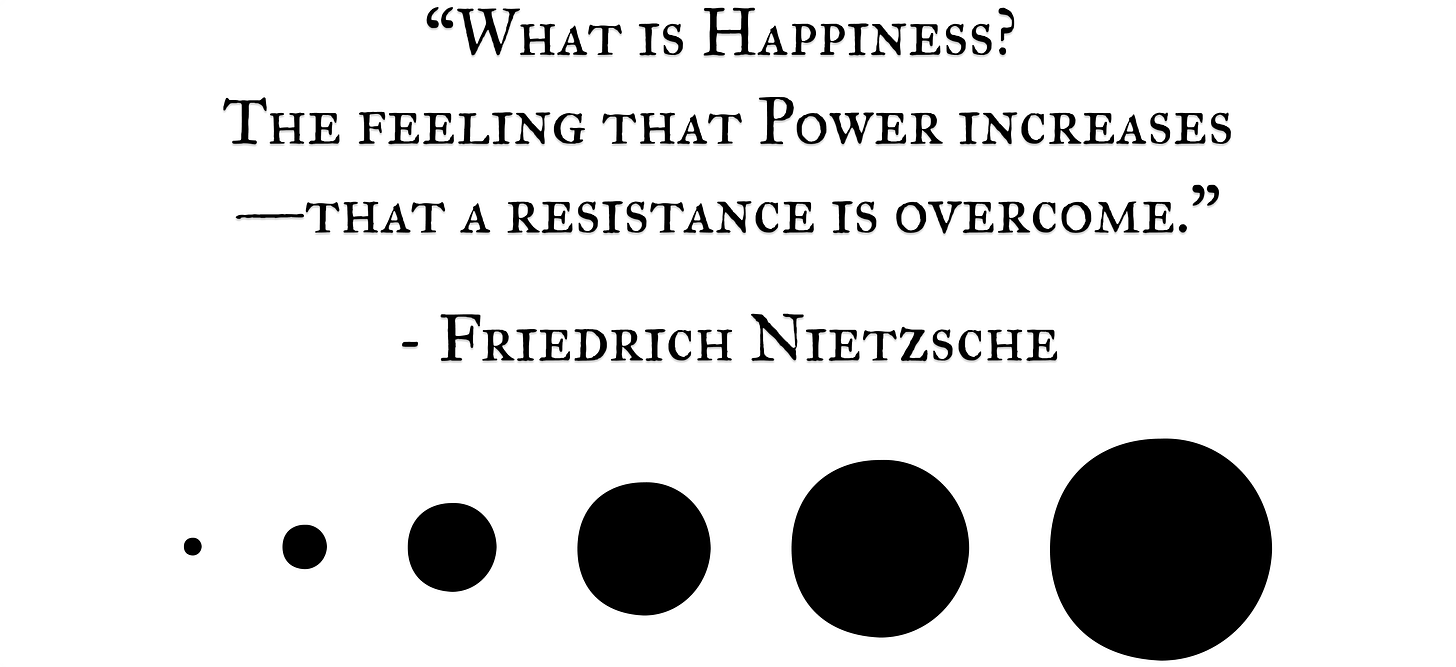


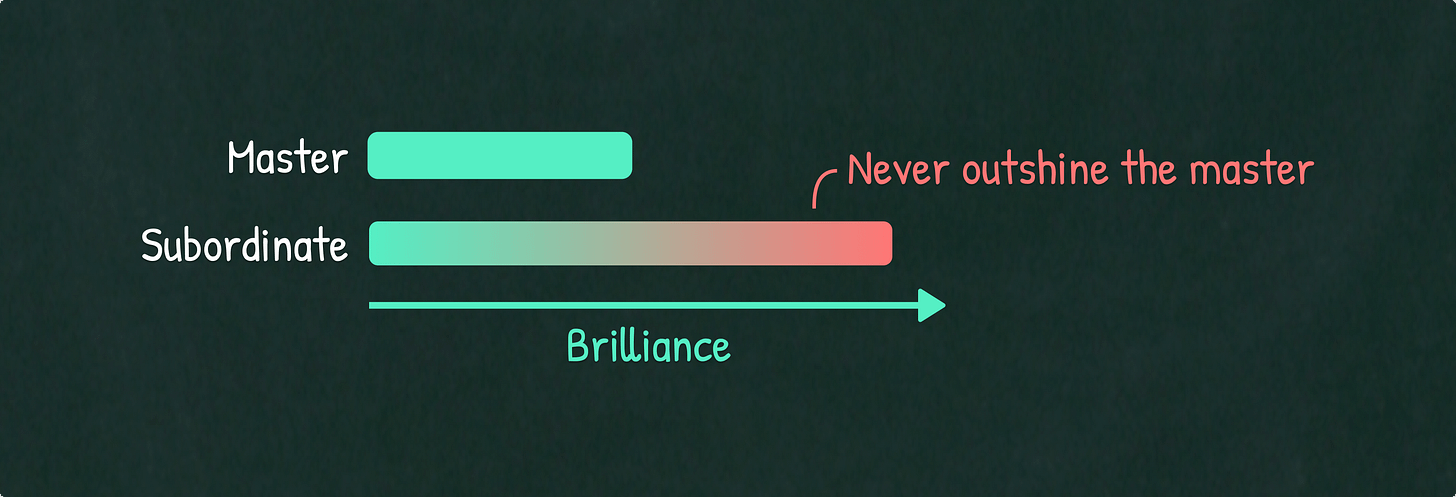

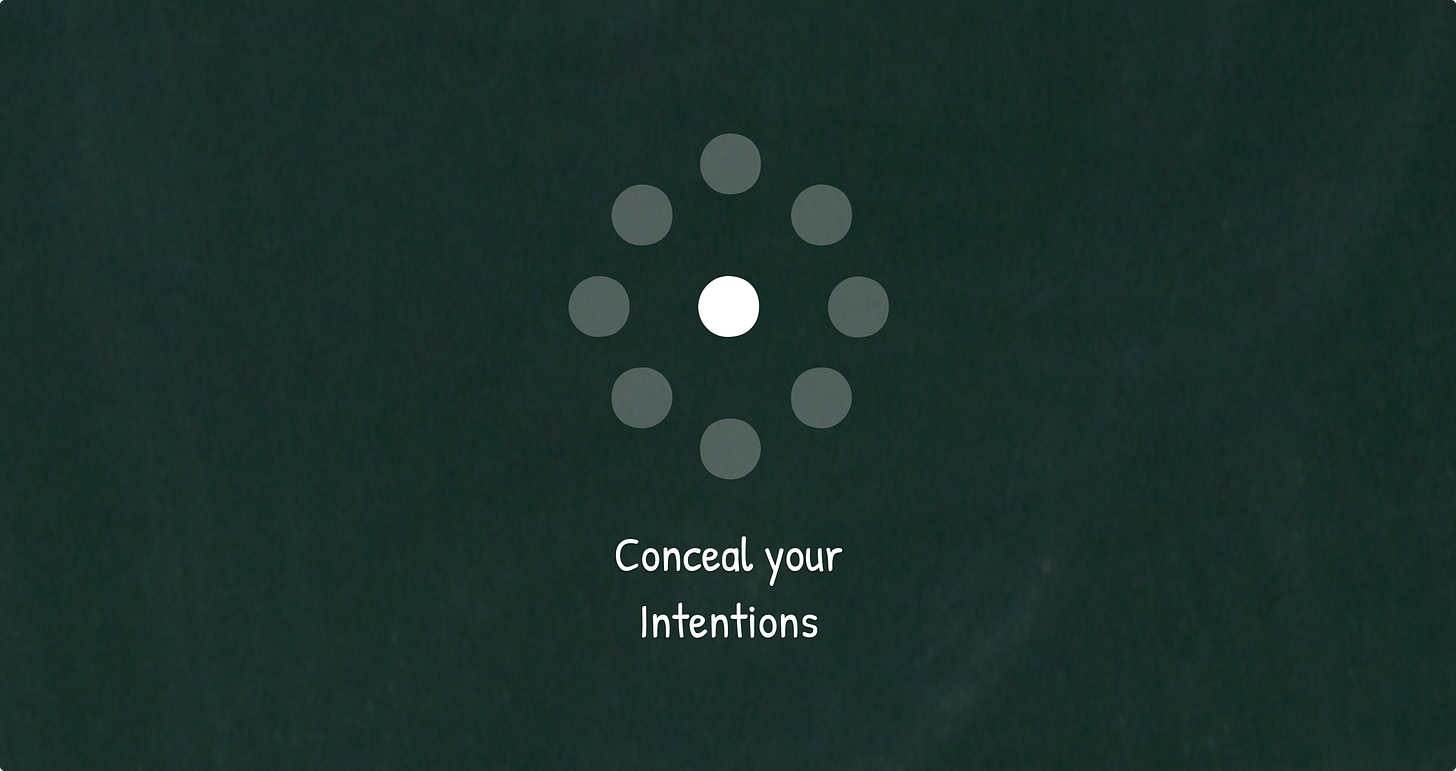

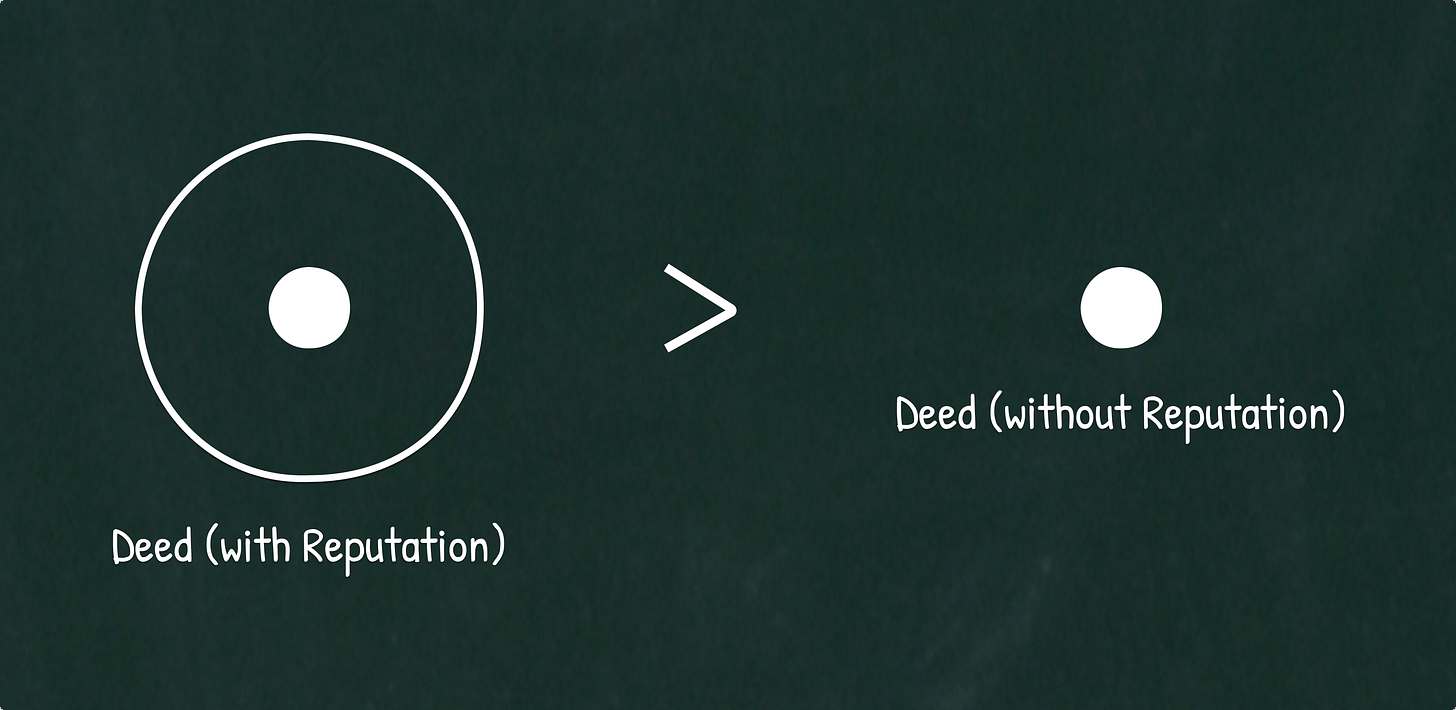

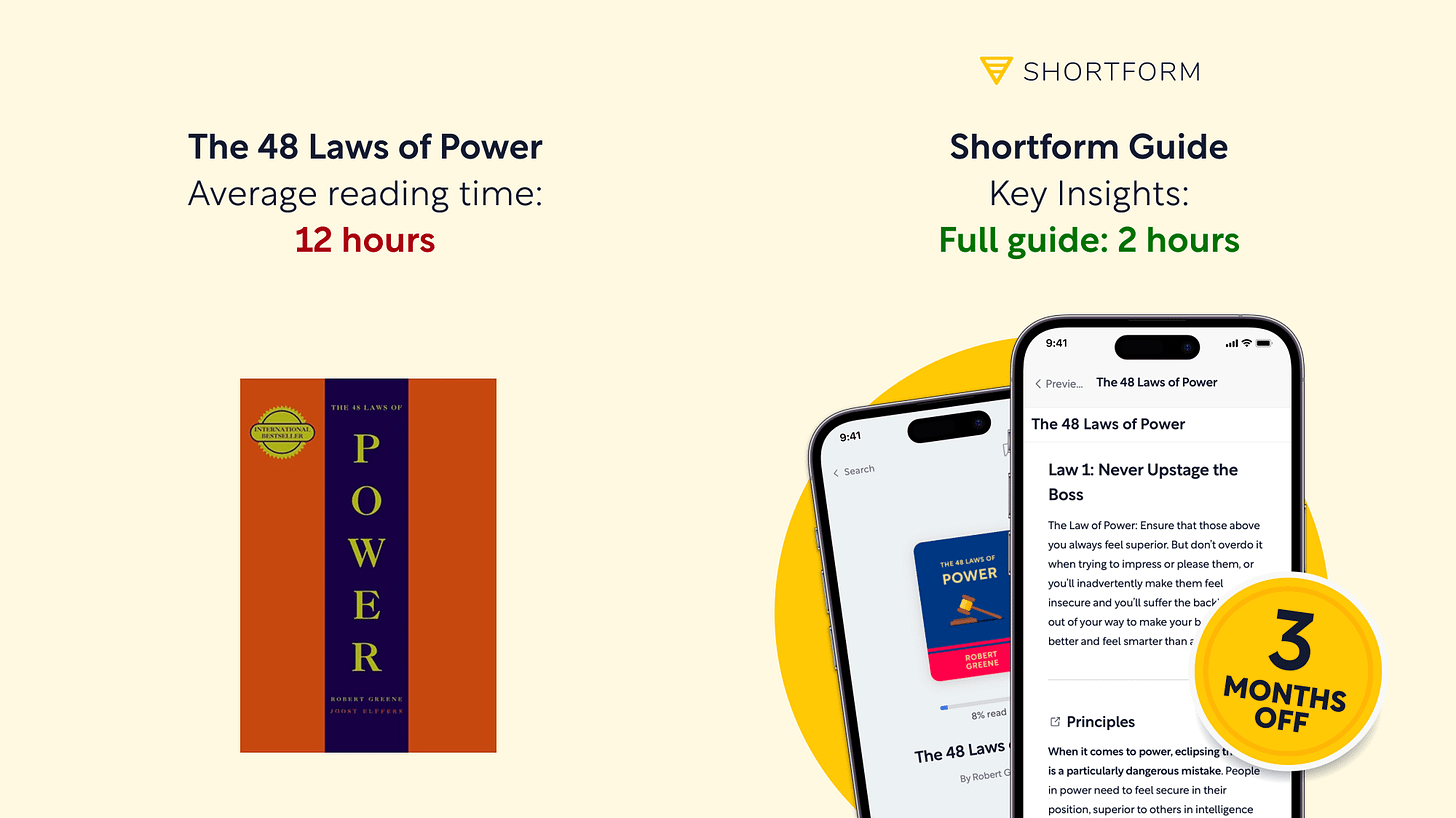
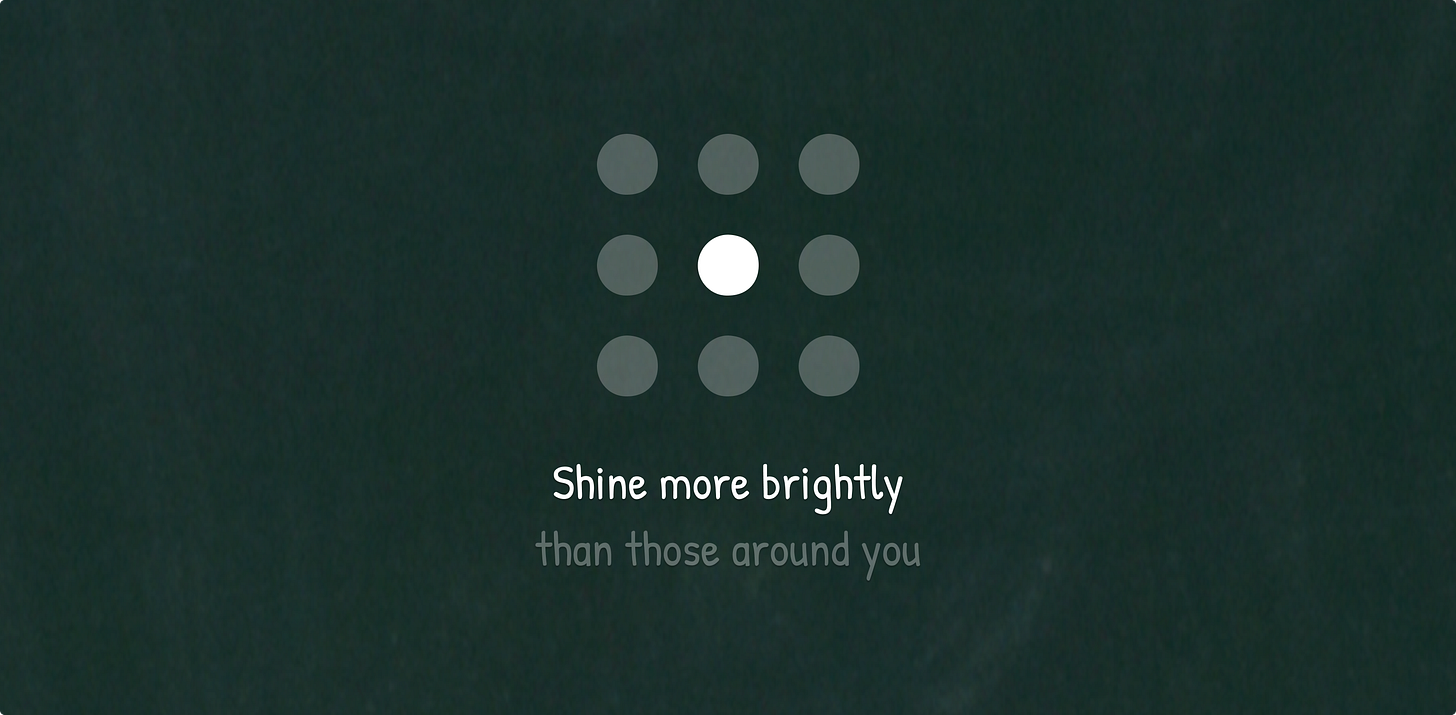
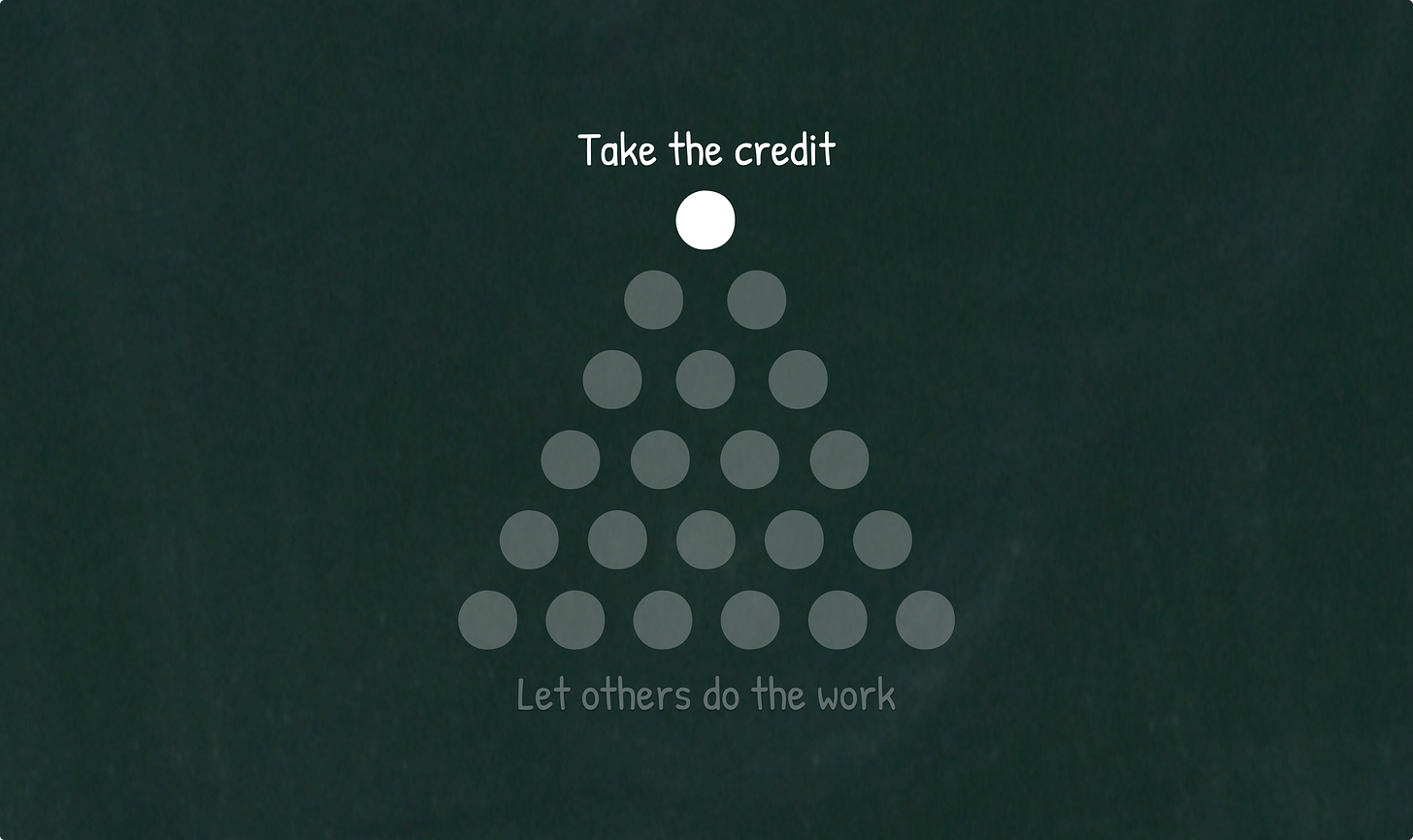
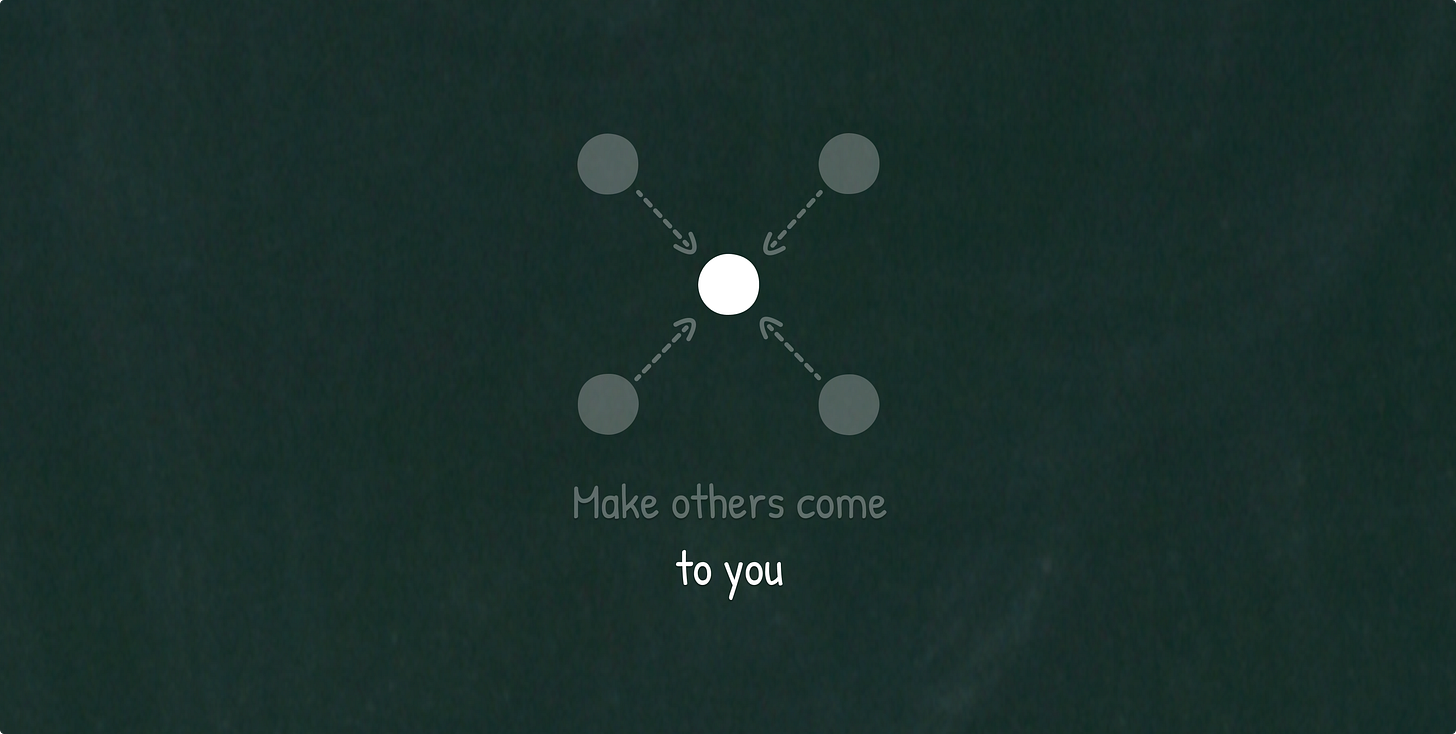




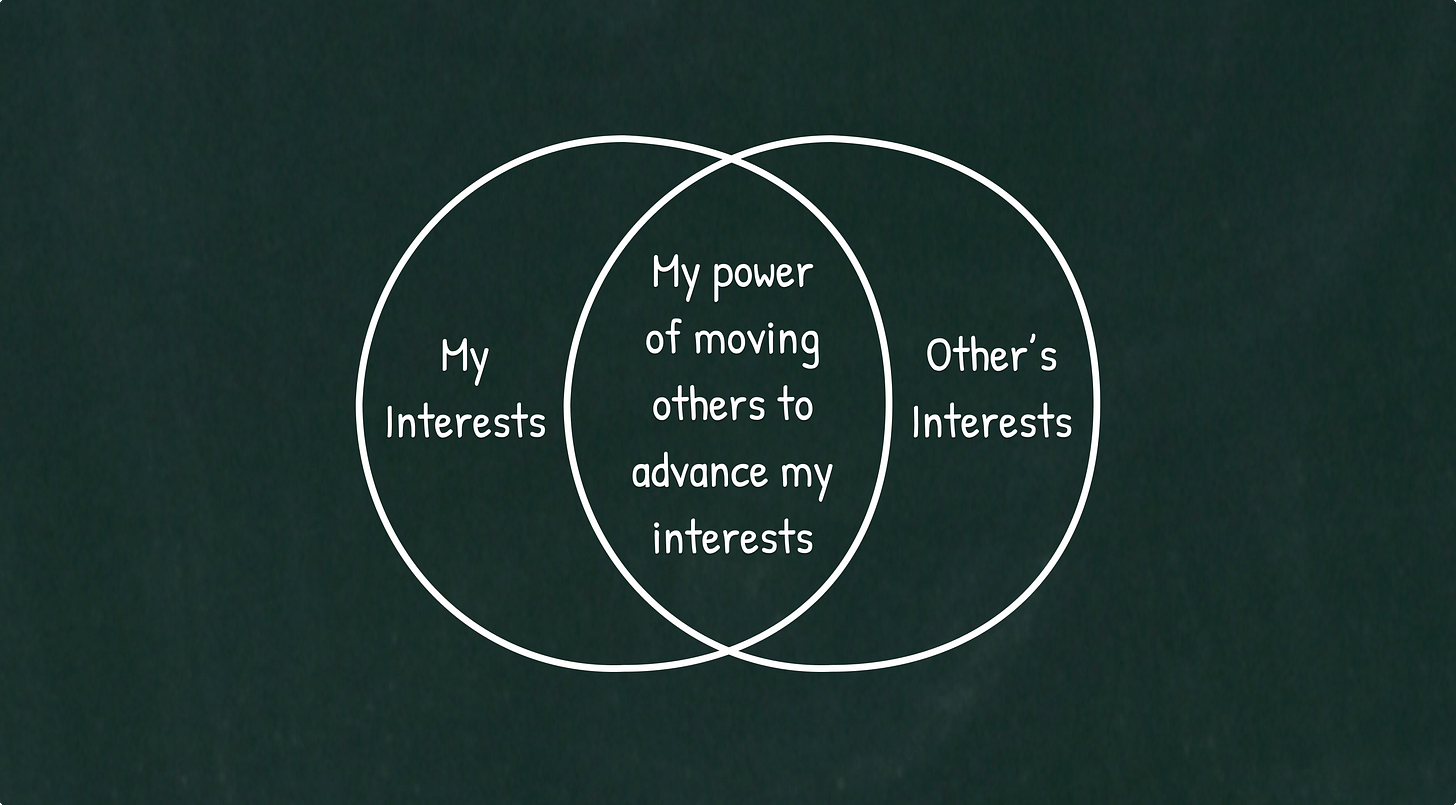
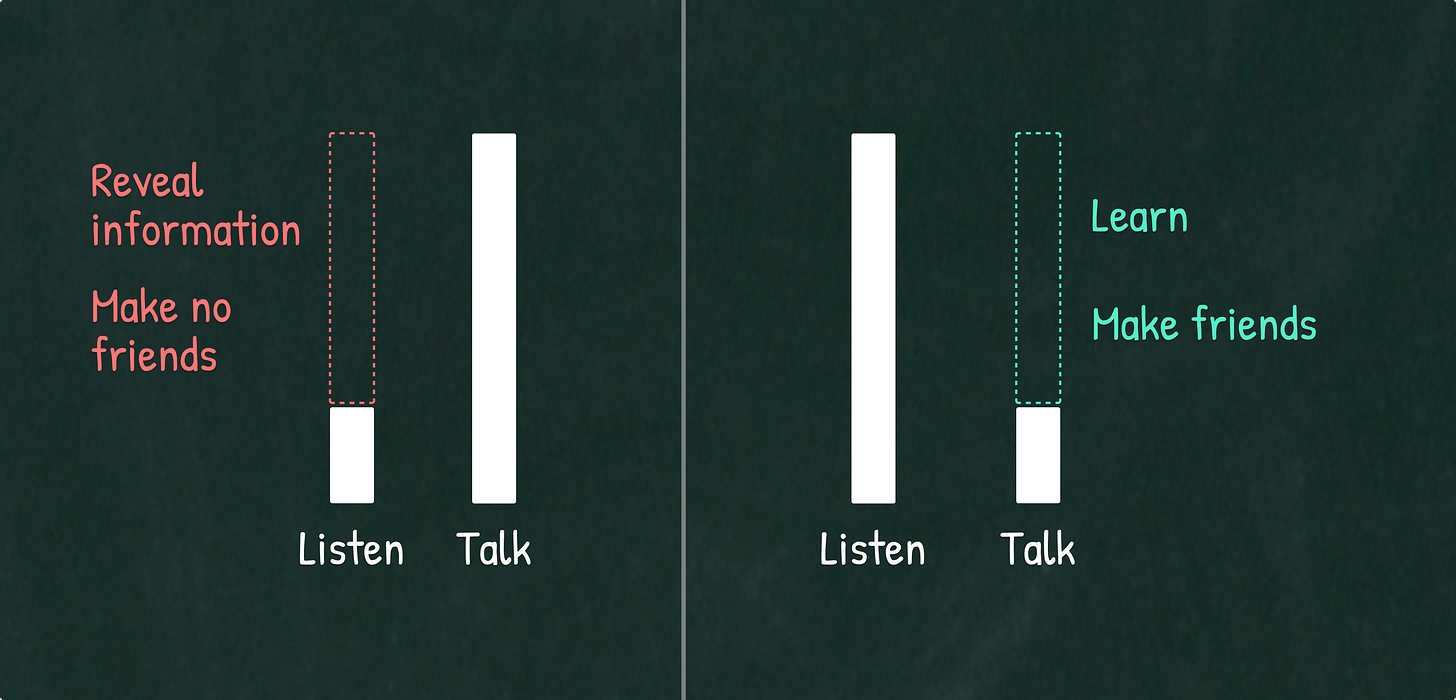

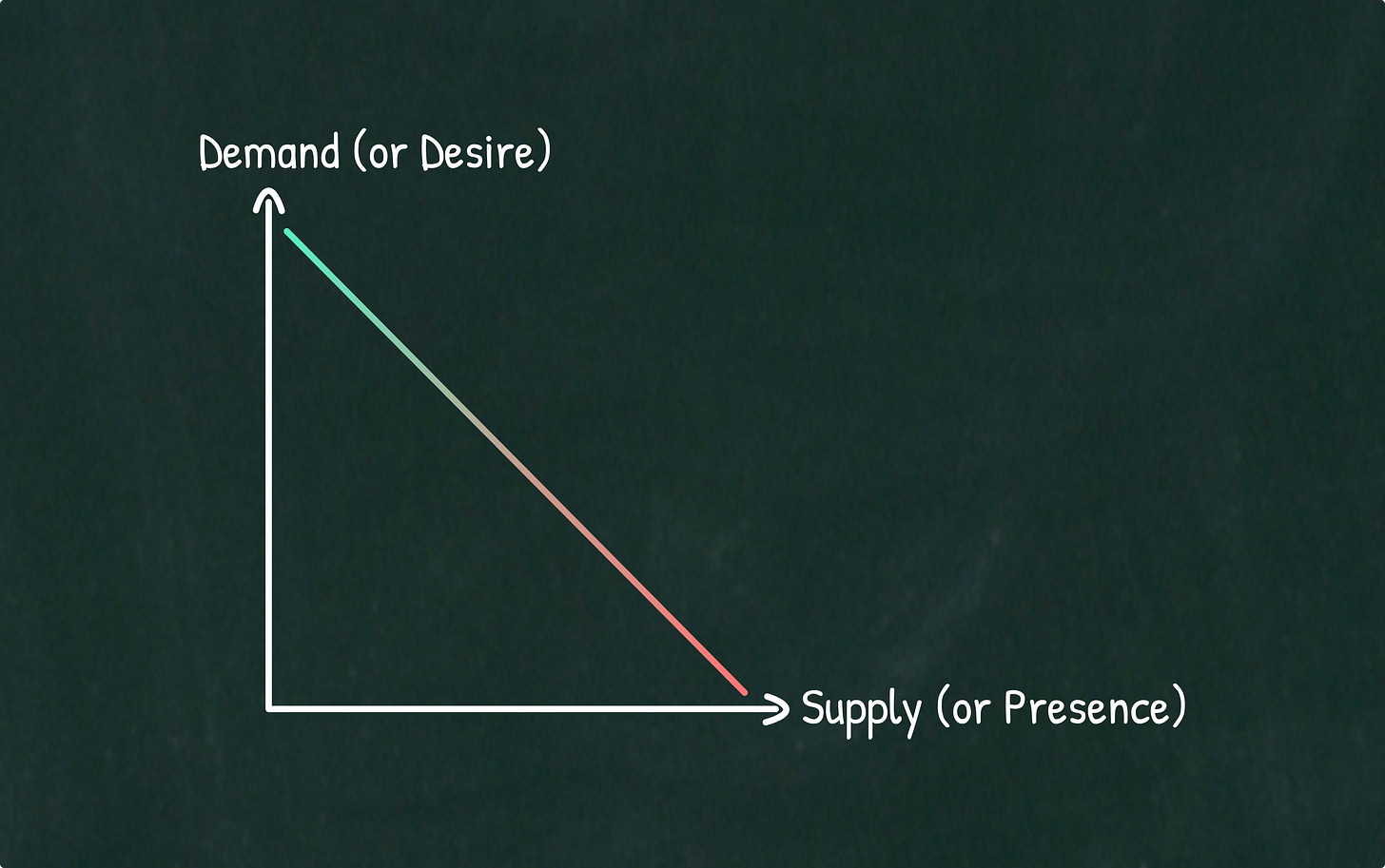

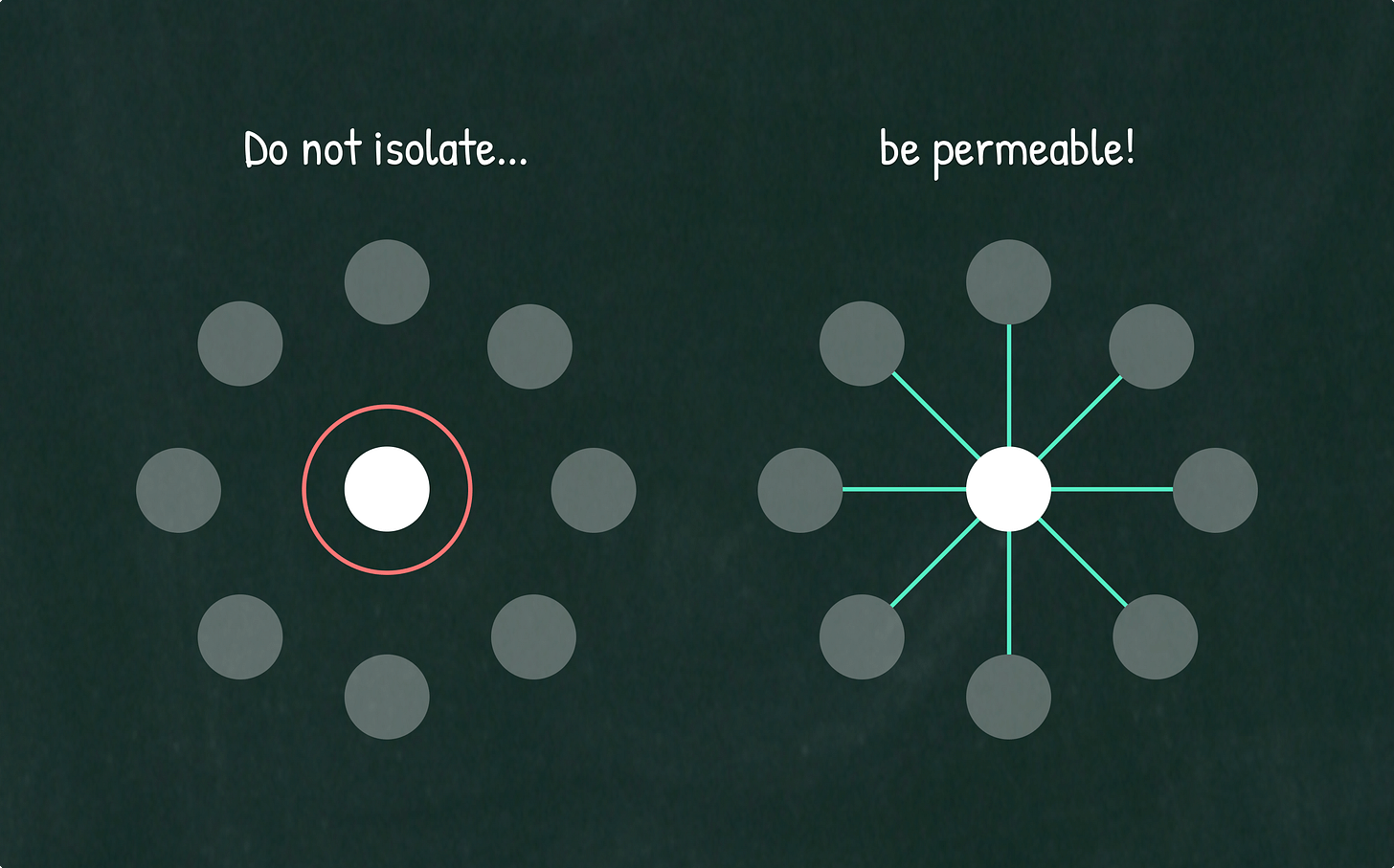

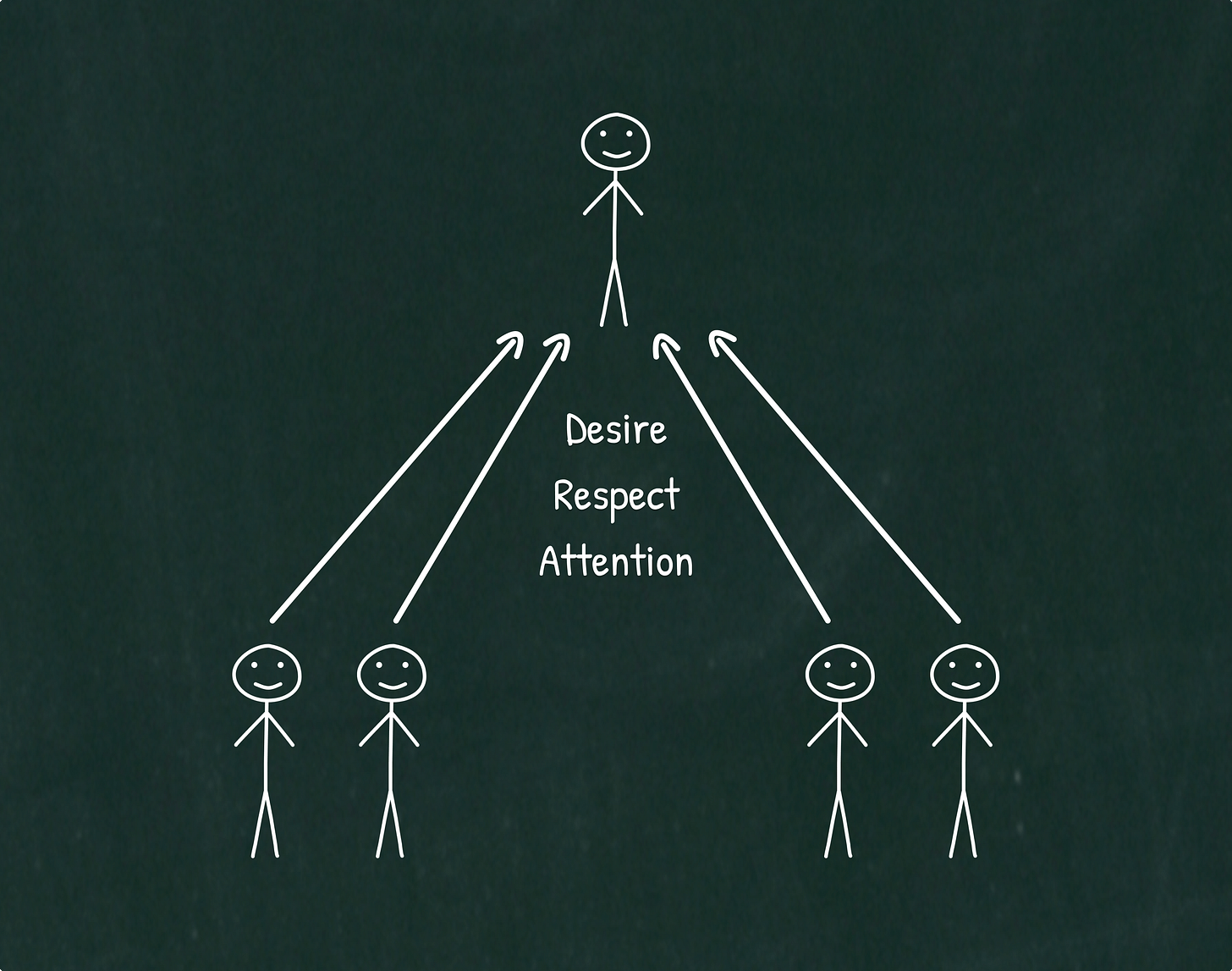

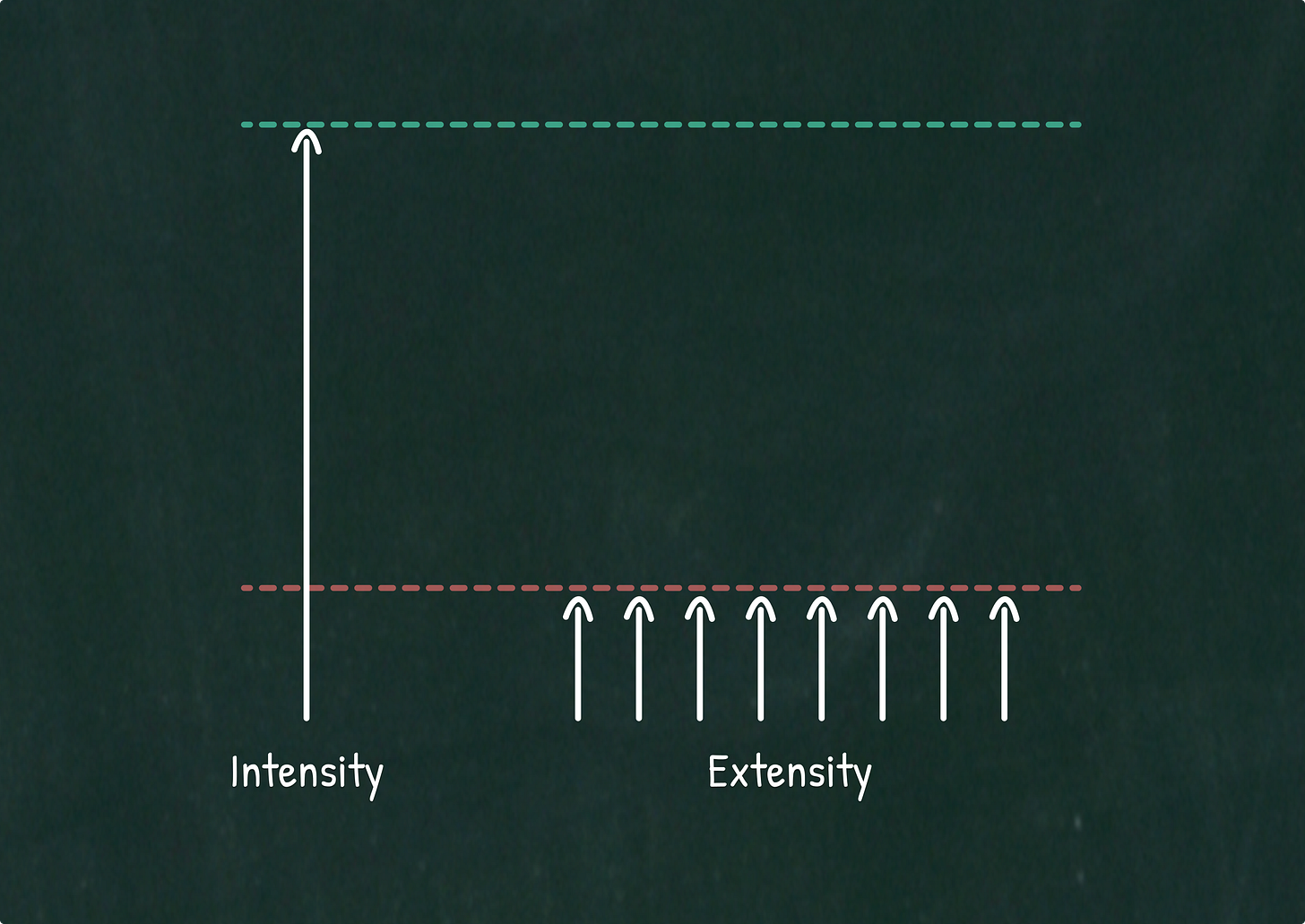


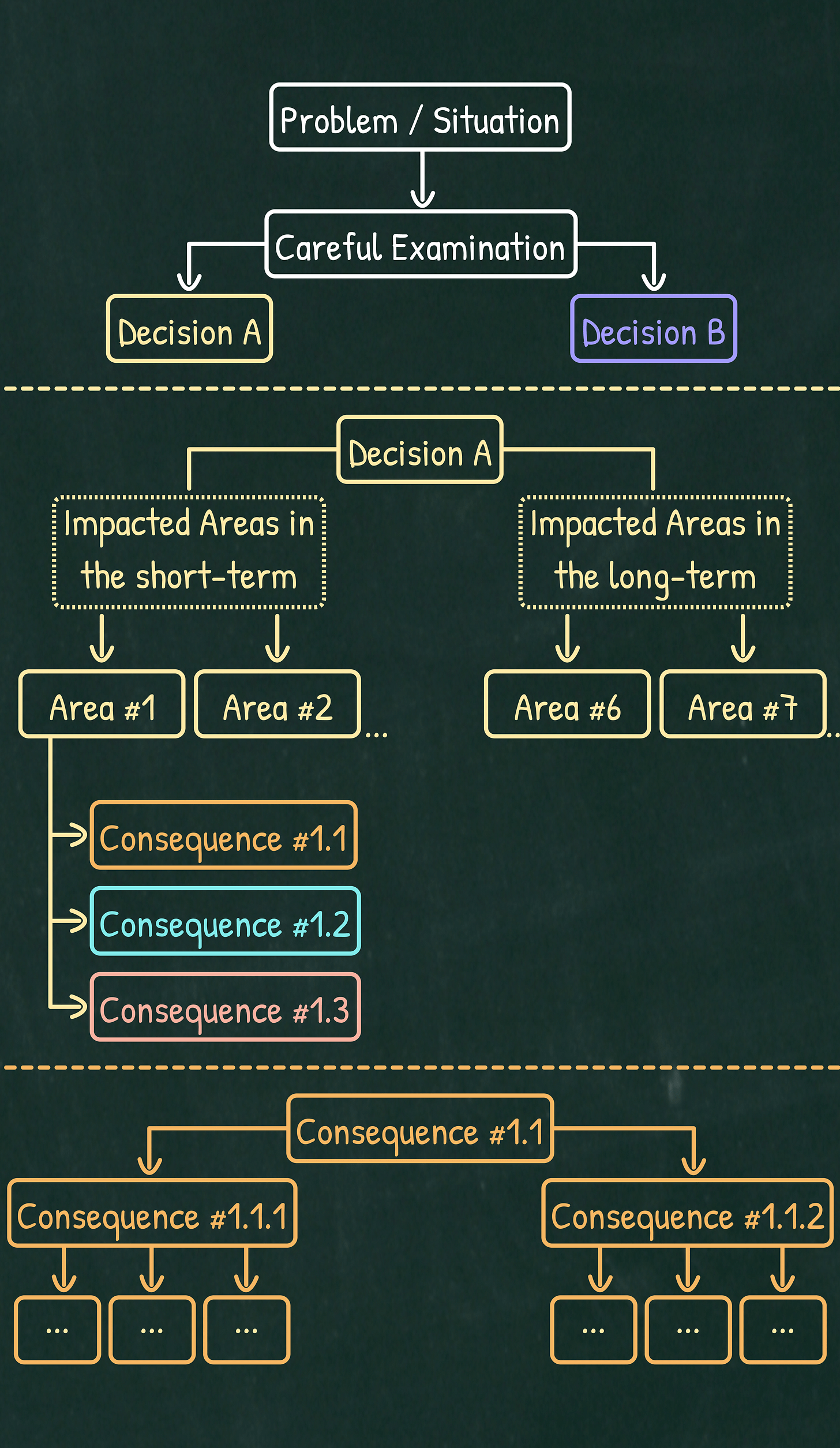

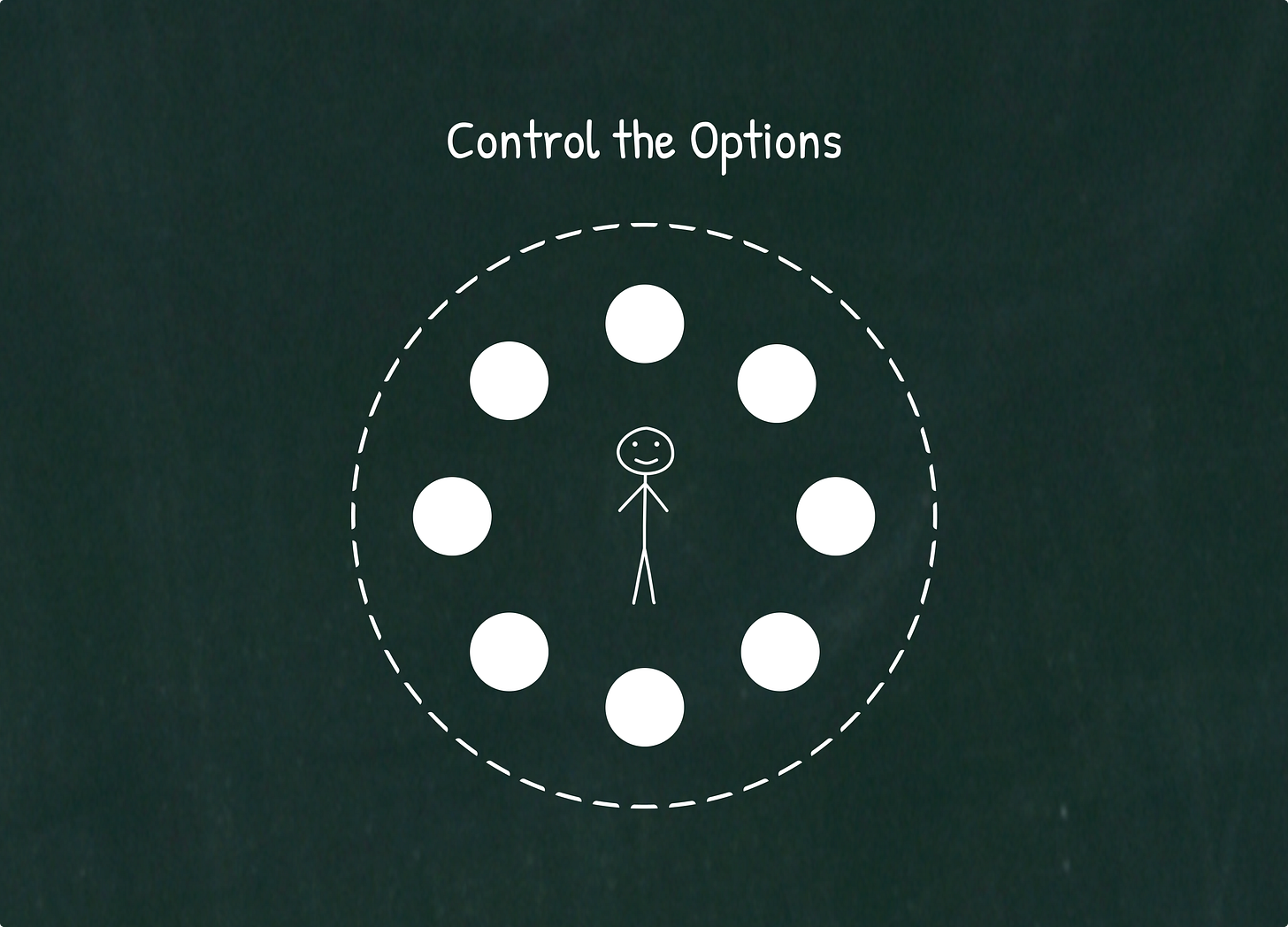
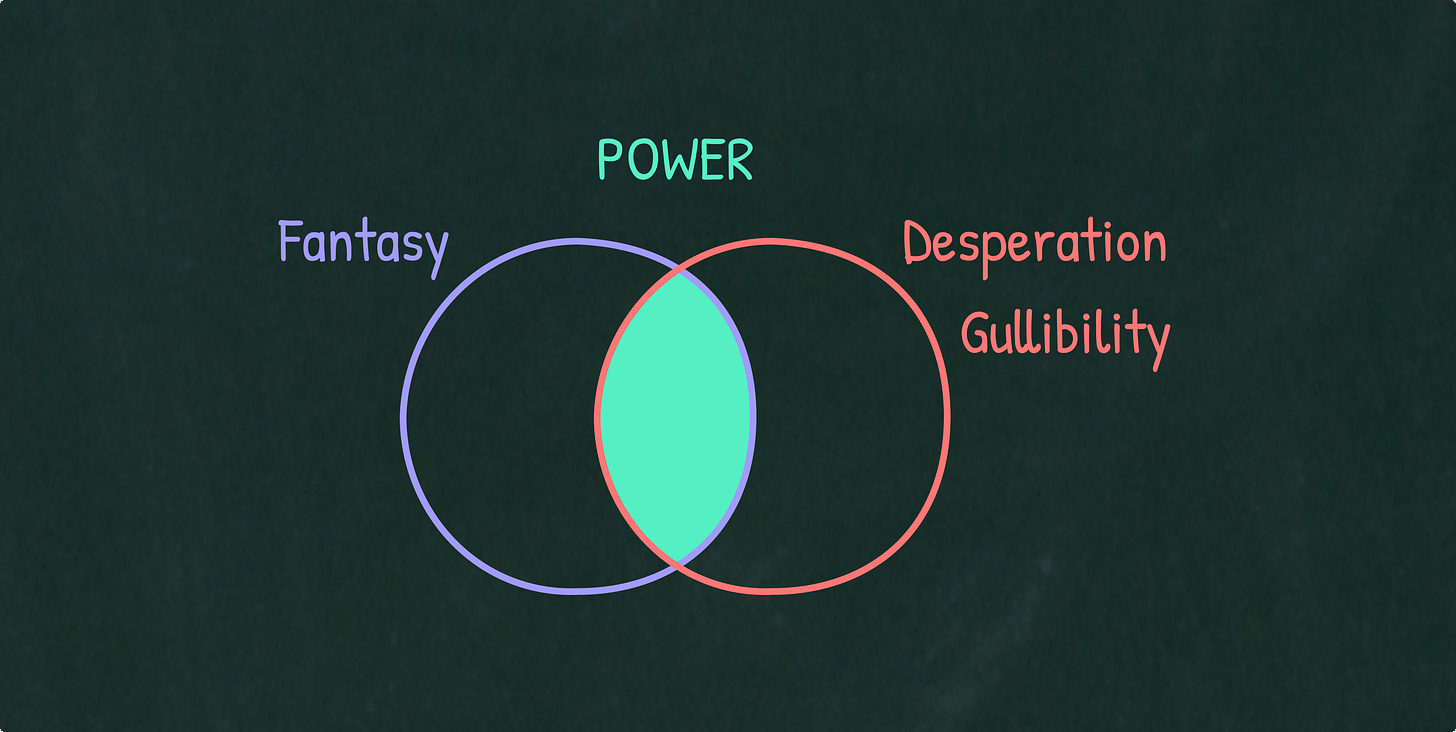

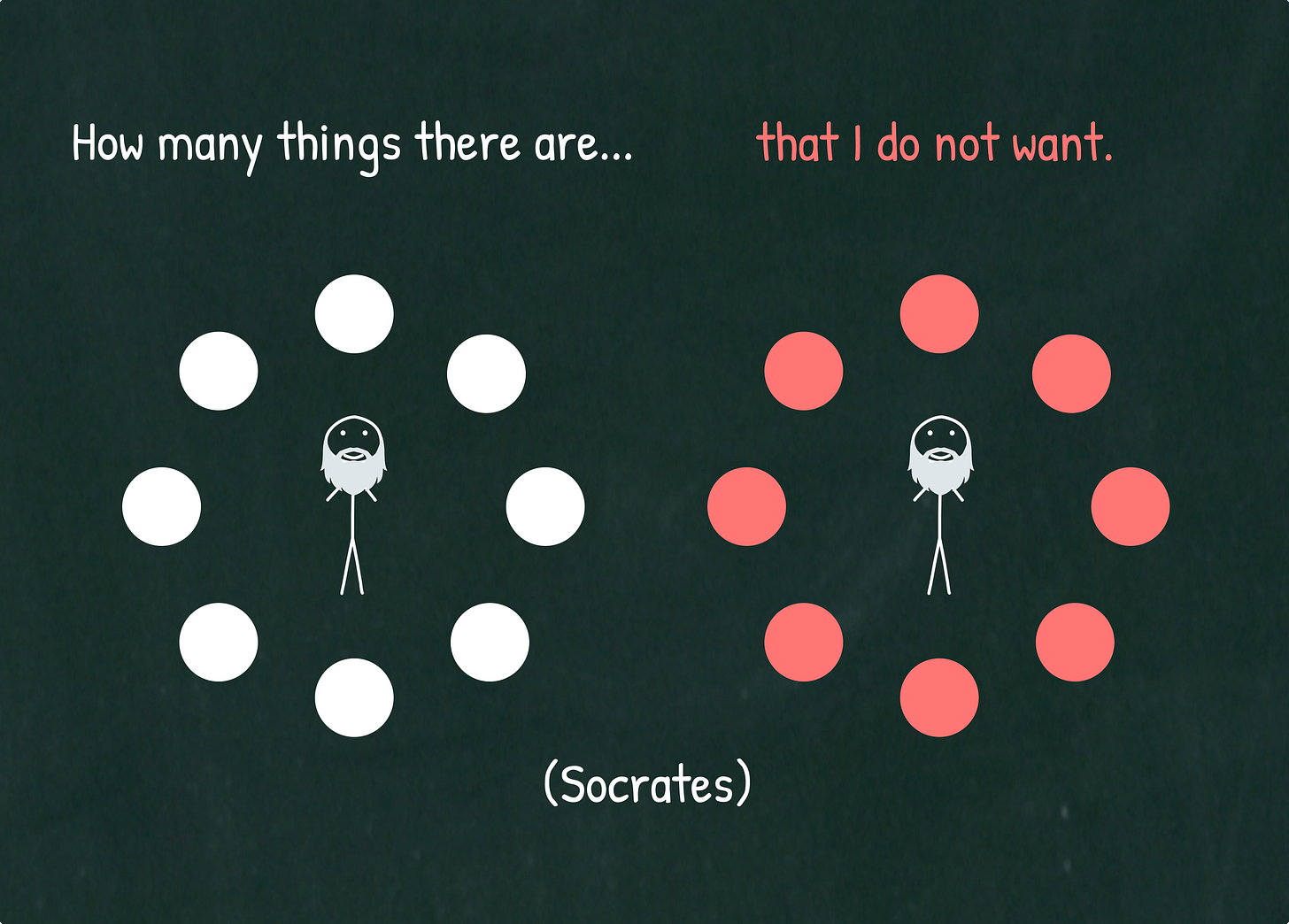
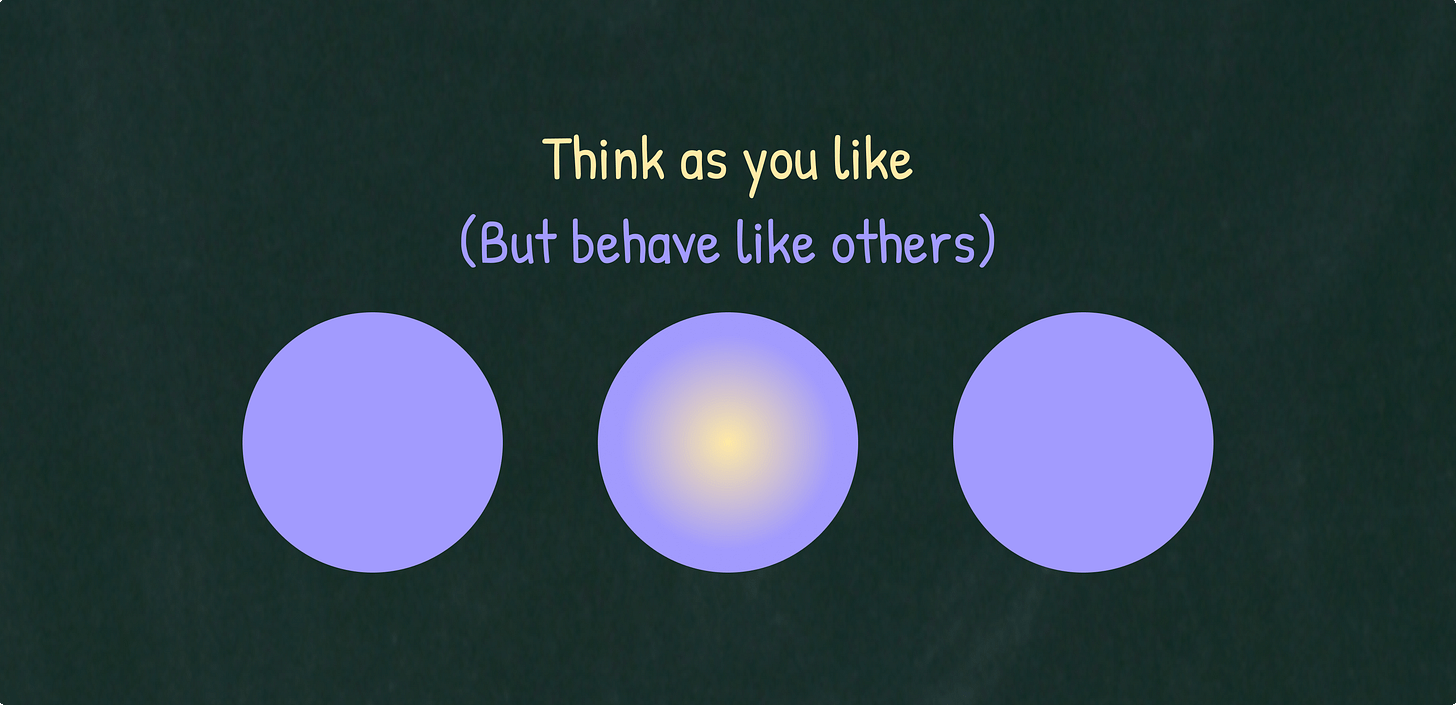
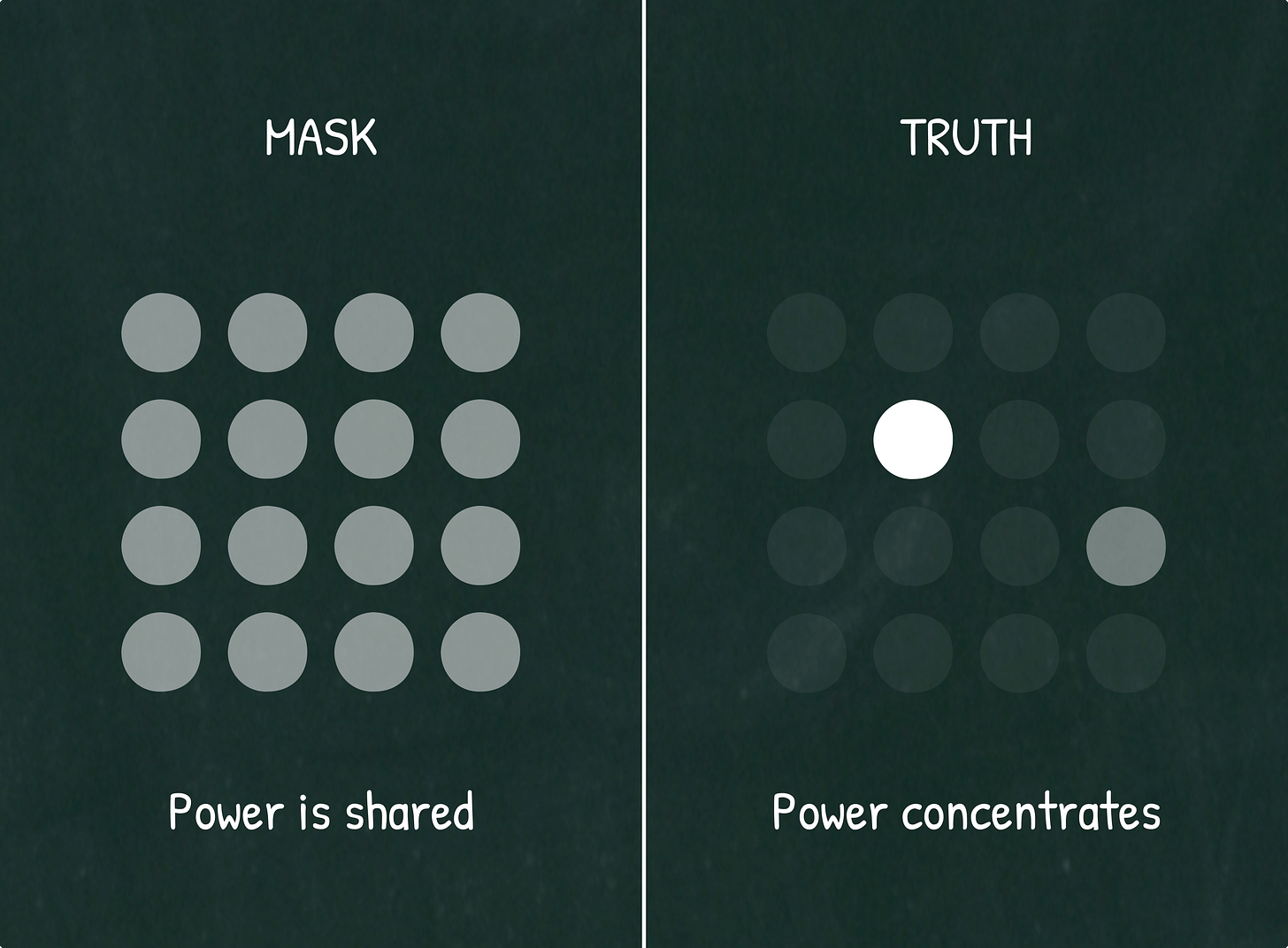


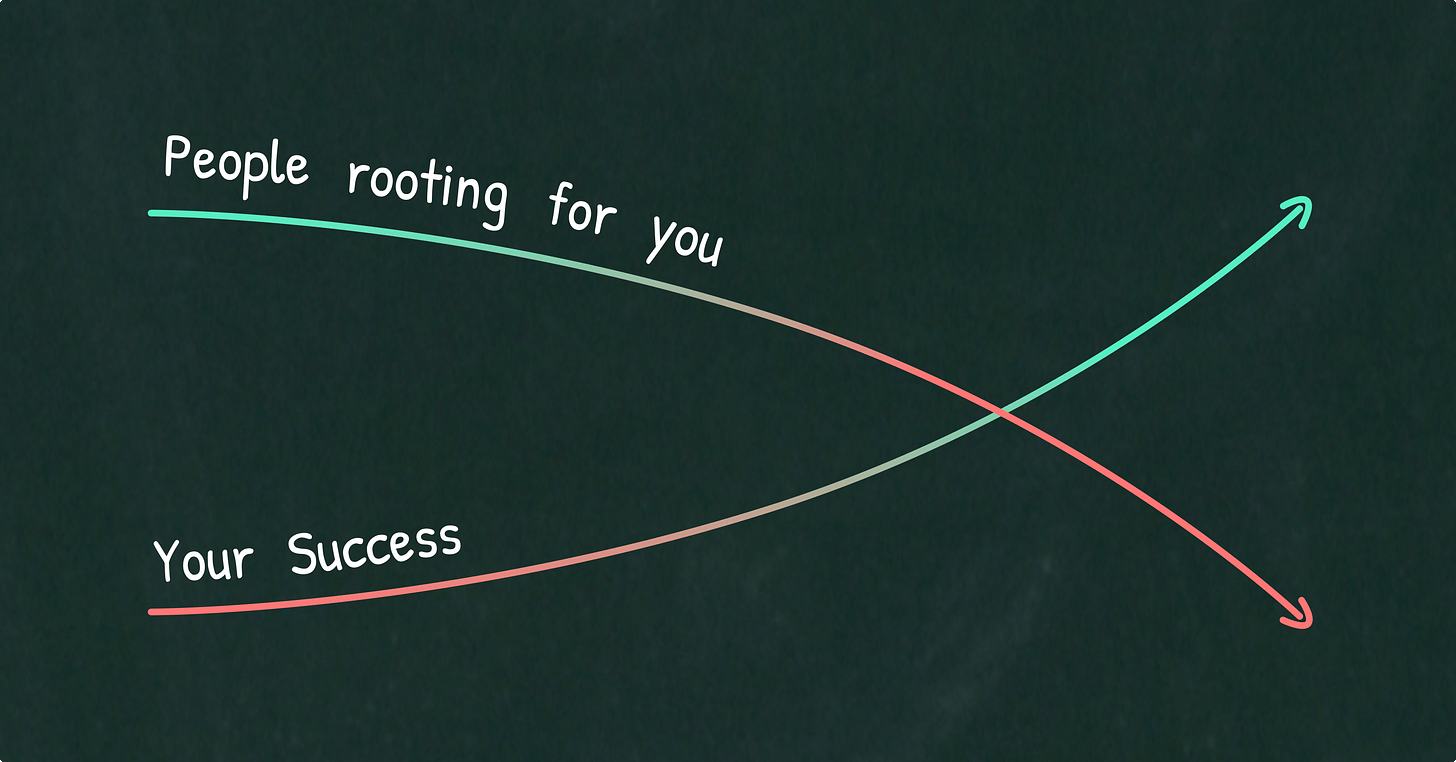
That saves a ton of time, thanks.